Subscribe for Access
Cut the partner enablement fluff. Learn from Jessie Shipman & and others about how to build engaging partner enablement programs.

Partner enablement for pros
Nobody’s dying to spend hours inside of training and enablement sessions—not even the nerdiest among us.
But enablement is incredibly important to driving success. As Jessie Shipman (CEO of Fluincy) puts it,
Partner enablement isn’t just partner training or certification, it is a culmination of activities that fuel relationships and change behaviors.
In today’s daily, you’re going to learn:
- The real goal of partner enablement
- How to cut the fluff
- How to build an engaging enablement program
- And which KPIs will help you determine the success of your enablement program
Let’s dig in!
The real goal of partner enablement
I remember my first days at Reveal. It took me over two weeks to grasp the terms my B2B SaaS partnership colleagues were throwing around.
"IPP, ICP, MSP, VAR, SI, partner sourced, partner attached, channel, nearbound...what?!"
Knowledge gaps create blindspots—areas where you don’t know what you don’t know—and they make creating value impossible.
How do you expect your partners and internal teams to sell, promote, and market your product—and deliver leads and revenue—if they don’t understand the true value of your joint solution?
The real goal of enablement is simple.
Enablement helps individuals become successful inside of your company through education.
.avif)
How to build an engaging partner enablement program?
According to Brianna Chapman, former Partner Manager at Whiplash, an engaging and successful partner enablement program follows 3 guidelines :
- Partners are introduced before the enablement session:
If you’re going to bring your partner to present in front of your customer-facing team, that shouldn’t be the first time they are hearing about that partner.
You have to promote that partner, its technology, and its enablement session before your team gets the chance to meet them.
- Slides are used strategically:
Don’t try to fit the whole presentation on your slides.
Instead, use slides to capture key sentences and points so that when you share them after the presentation, your audience has a summary of the talk.
- Content is relevant:
Know what your audience cares about and cut everything else.
Once you’ve defined why this content is relevant, communicate that. Make sure that throughout your content you’re reminding your audience why this helps them reach their goals, today.
In Brianna Chapman’s own words,
Whenever you’re directing a session, make sure you use the time to share the most relevant information and details about your partnership, and have a more in-depth discussion. Never just read slides.
Some KPIs to measure partner enablement
To know if your partner enablement program is heading in the right direction, you have to monitor the following KPIs (shared by Kiflo):
- Partner portal logins: This metric enables you to determine whether your partners are utilizing all that the platform has to offer.
- Onboarding pipeline completion: Identify which of the steps in your partner onboarding process are unclear, and should be optimized.
- Content adoption and use: Identify which resources are more effective or which ones is your partner using more.
- Partner-sourced and partner-influenced revenue: Measure the amount of money that is generated by your partner.
- Partner satisfaction: Find out how your partners are interacting with your program, leverage feedback and NPS.
If your KPIs indicate that your enablement program isn’t performing, think about your content and delivery.
Are you delivering the right content in the way your teams and partner teams want to receive it, and when it’s most relevant? As Jessie explained,
“Partner enablement is designed with your partners, not just for them, and is built right into their workflow just when they need it.”
Warm intro, anybody?
I can’t decide which one I like better, this meme or Jessie Shipman’s accompanying statement. She writes,
I don’t know of any other business function where 90% failure is a winning metric.

Help other partner pros build engaging partner enablement
Share this NbD with a partner pro who needs help with partner enablement.
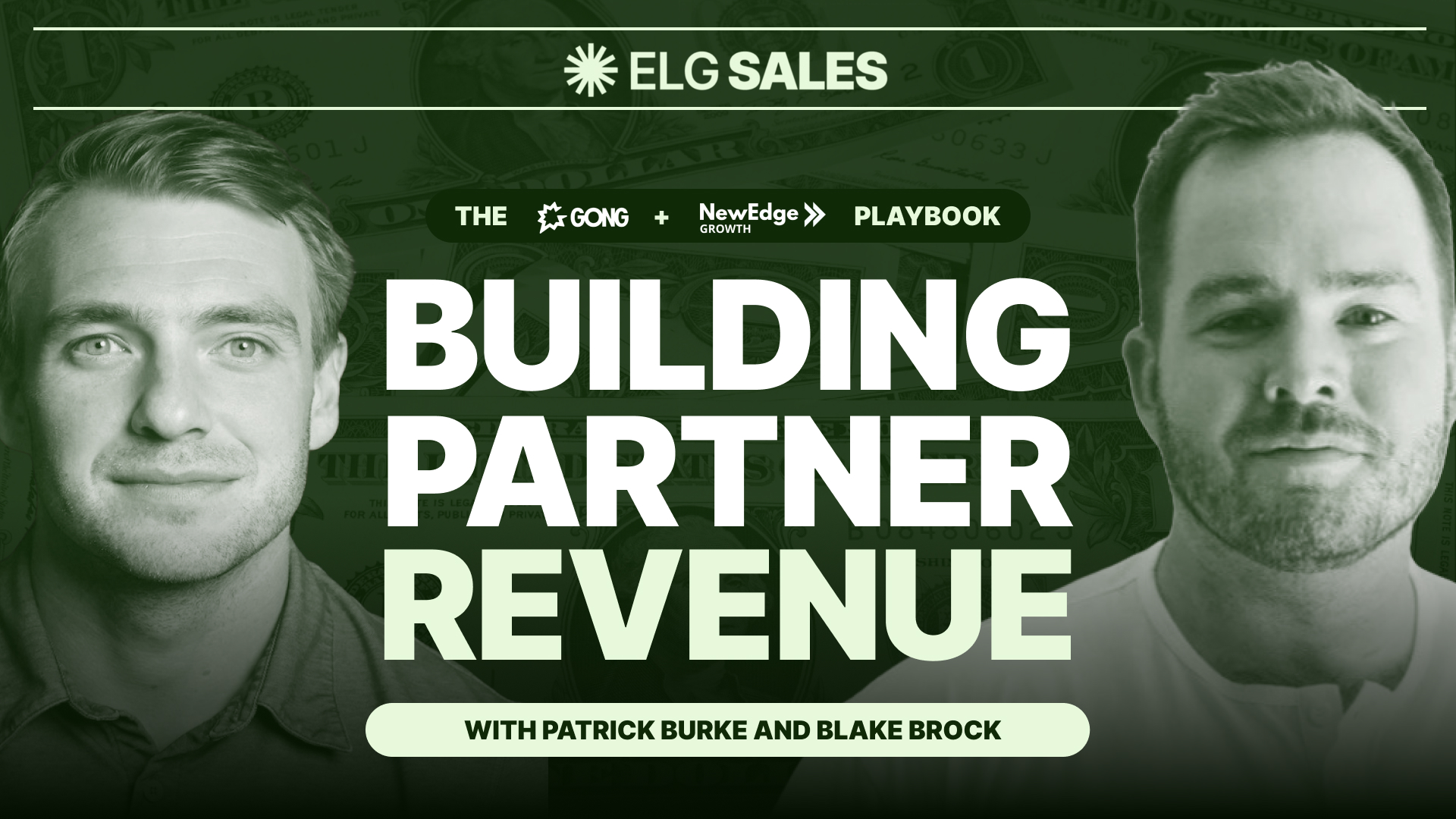
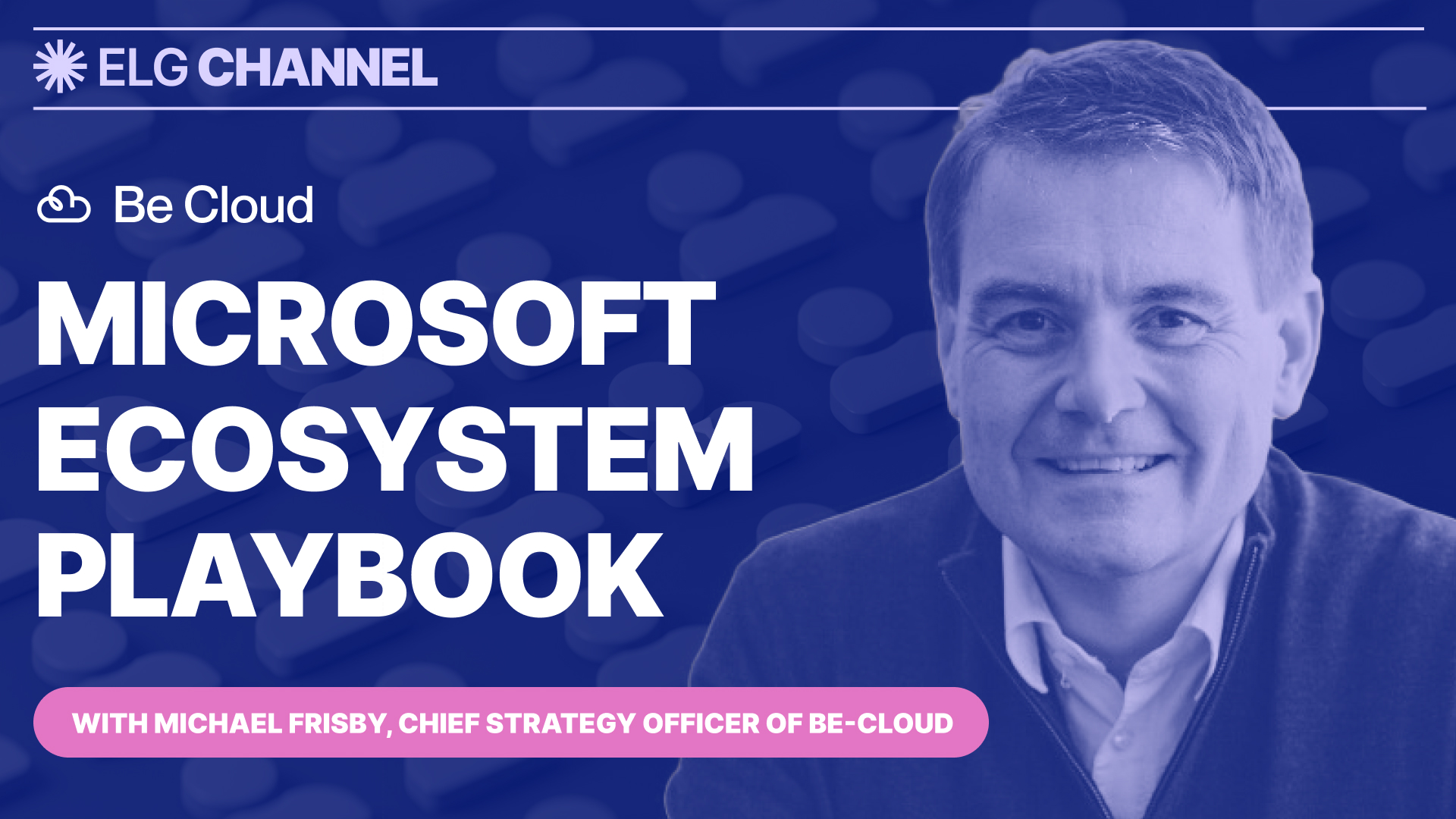
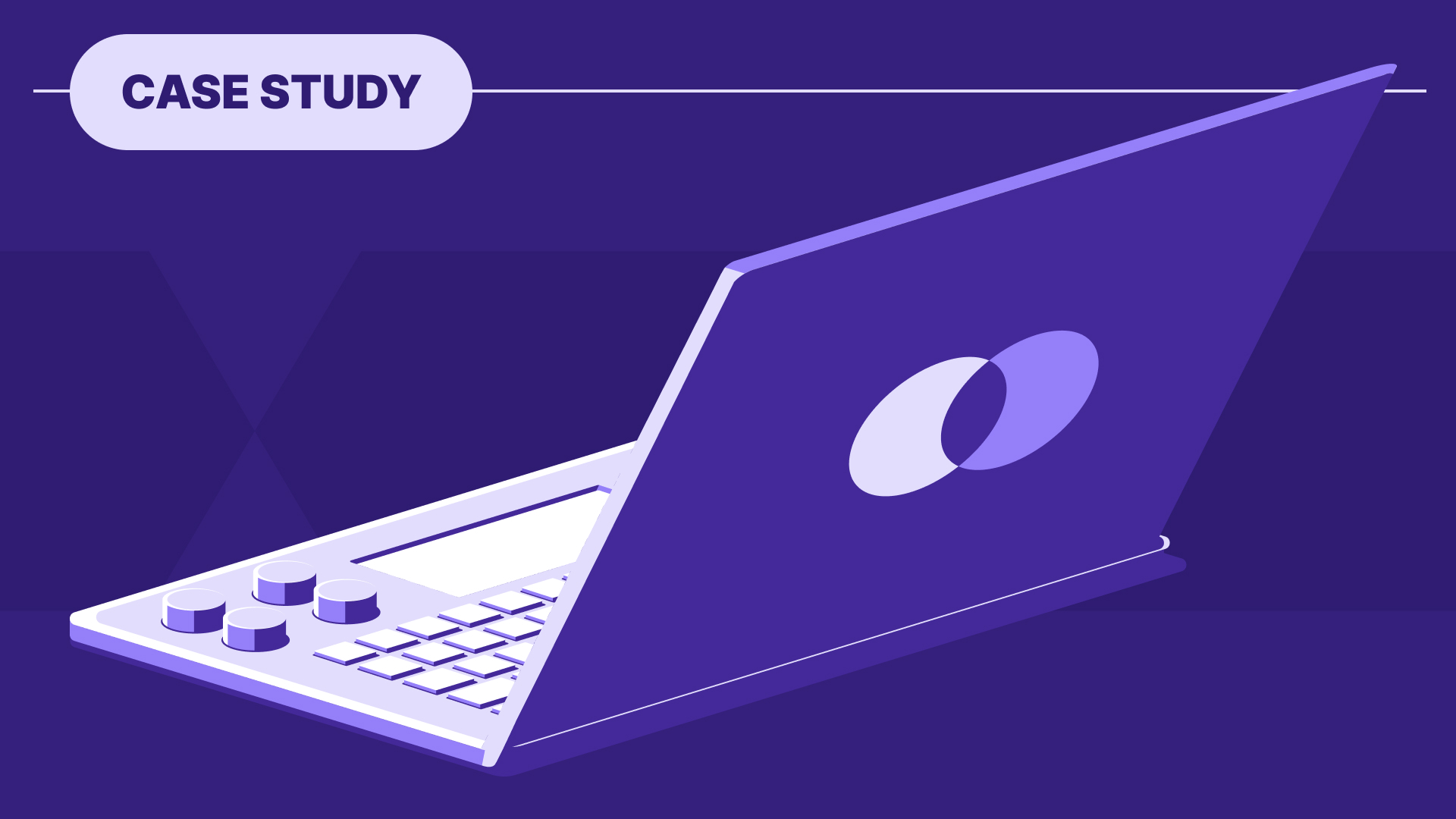
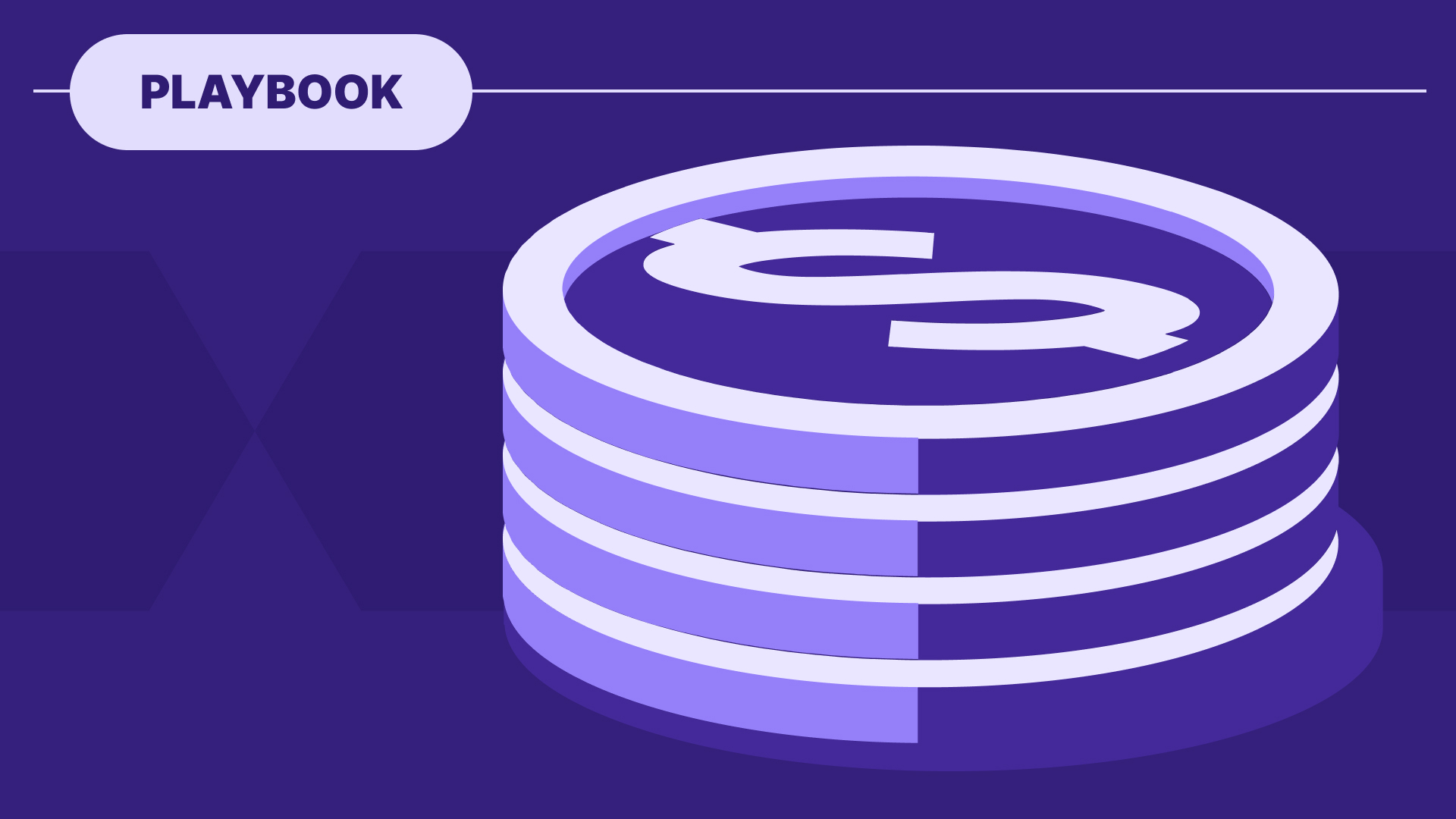

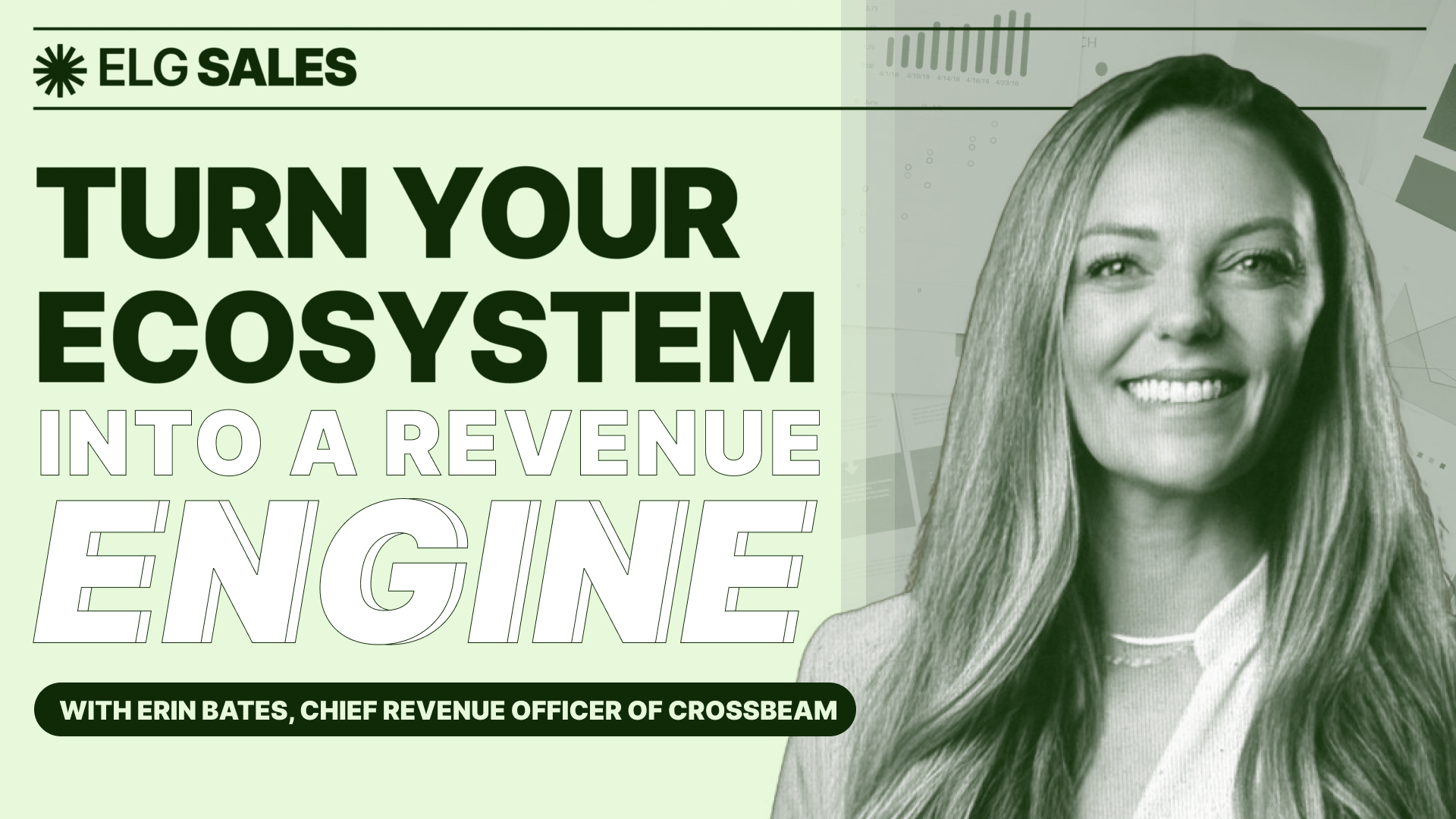
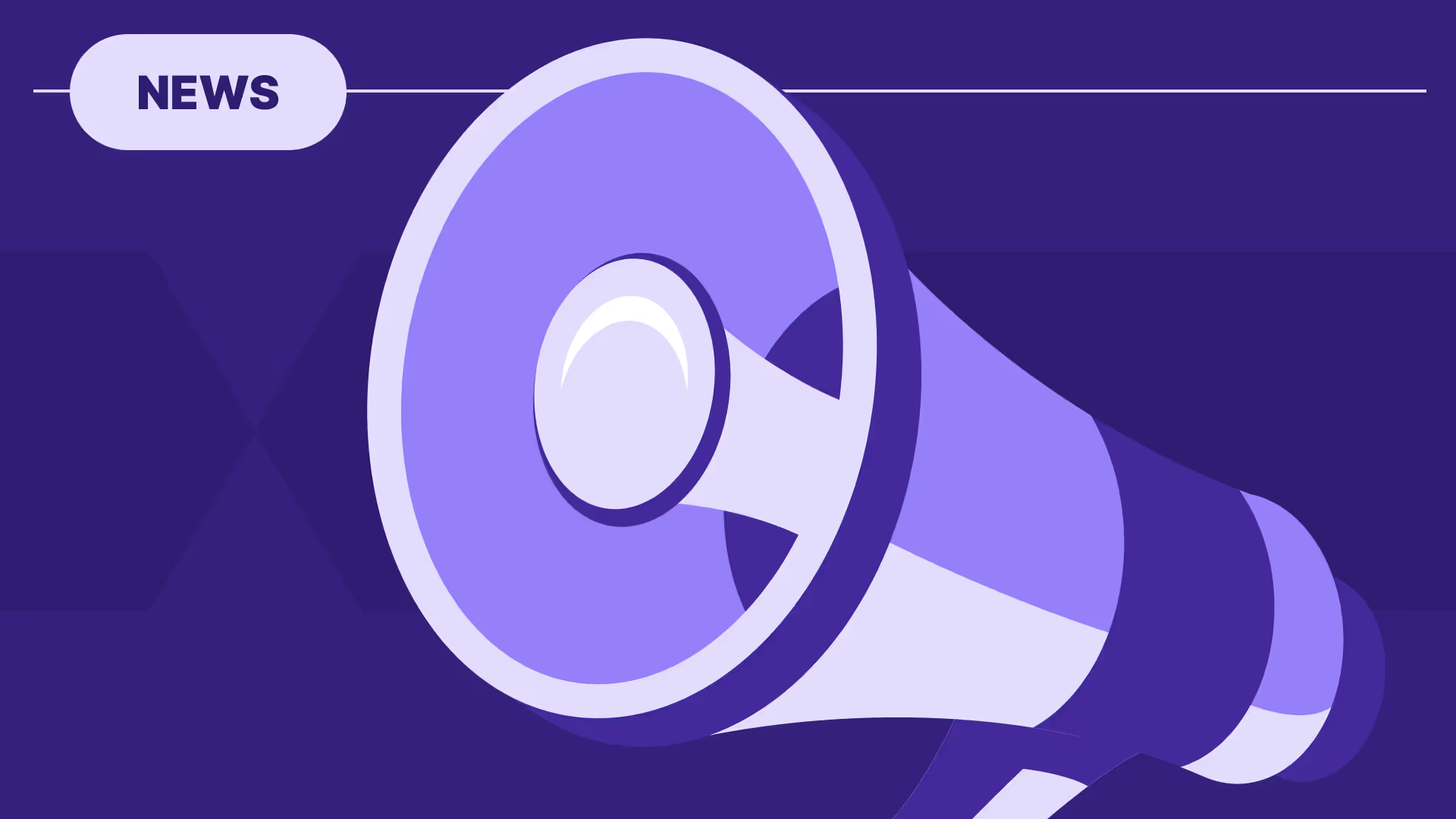
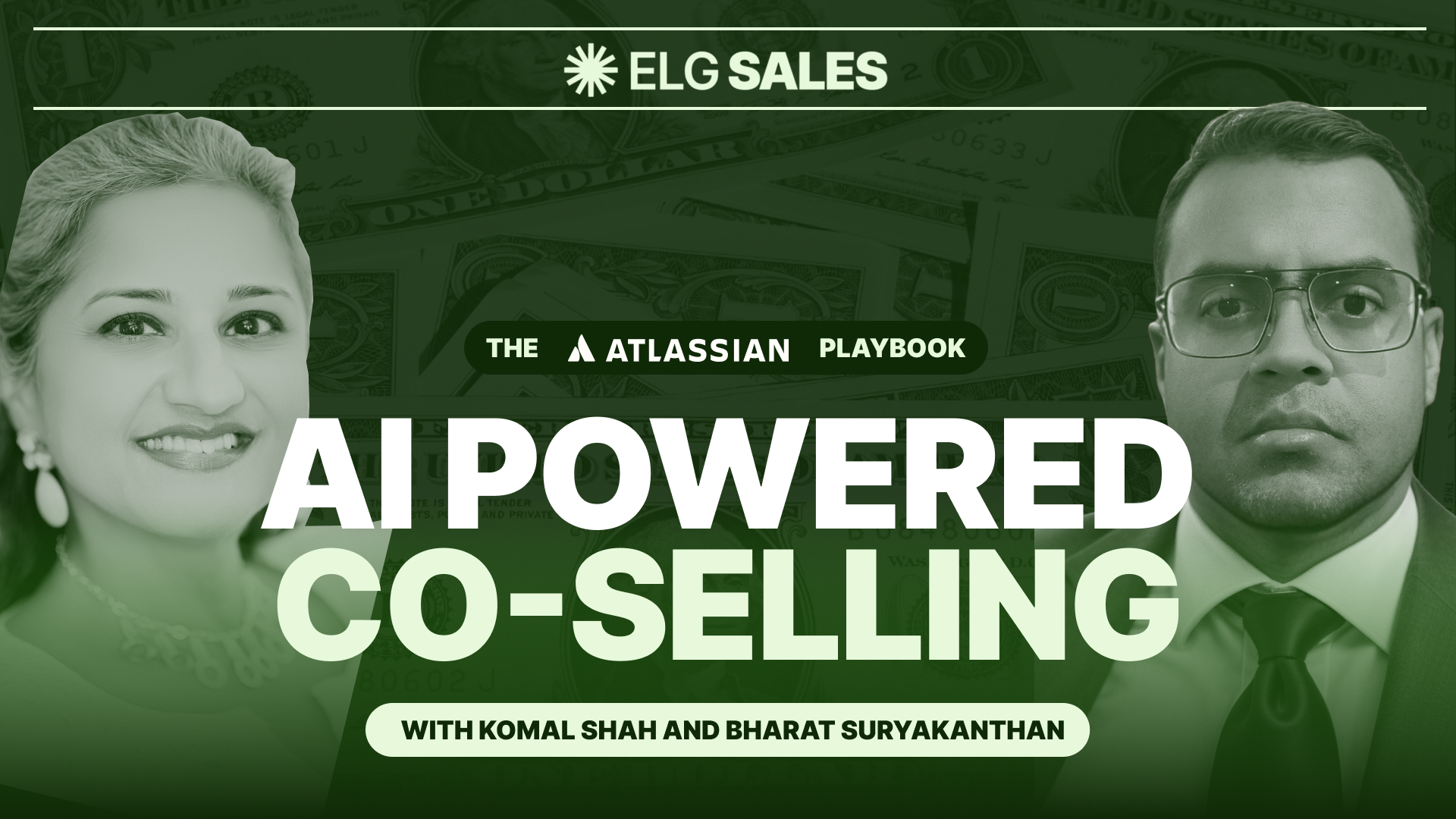
.jpg)
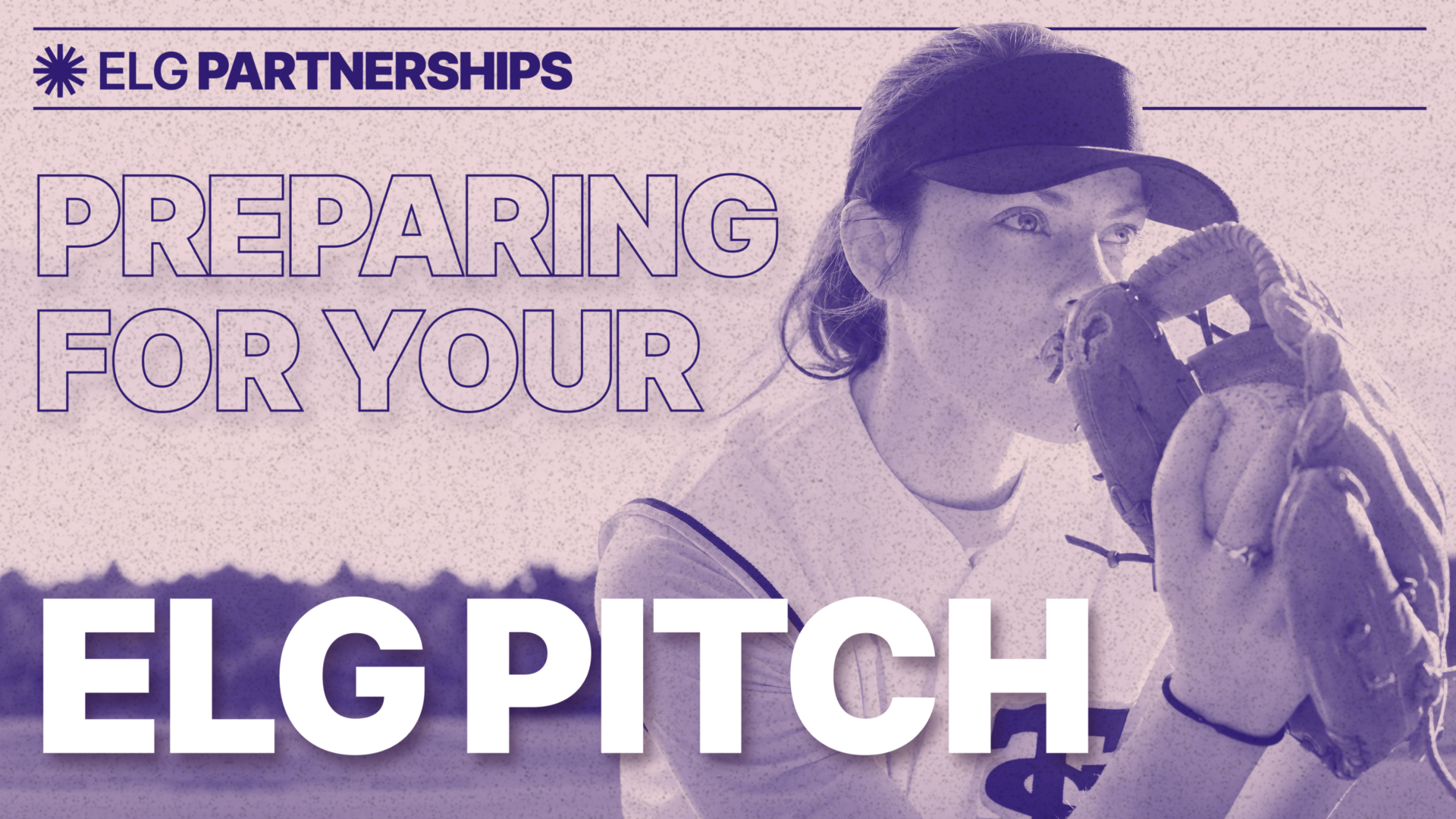
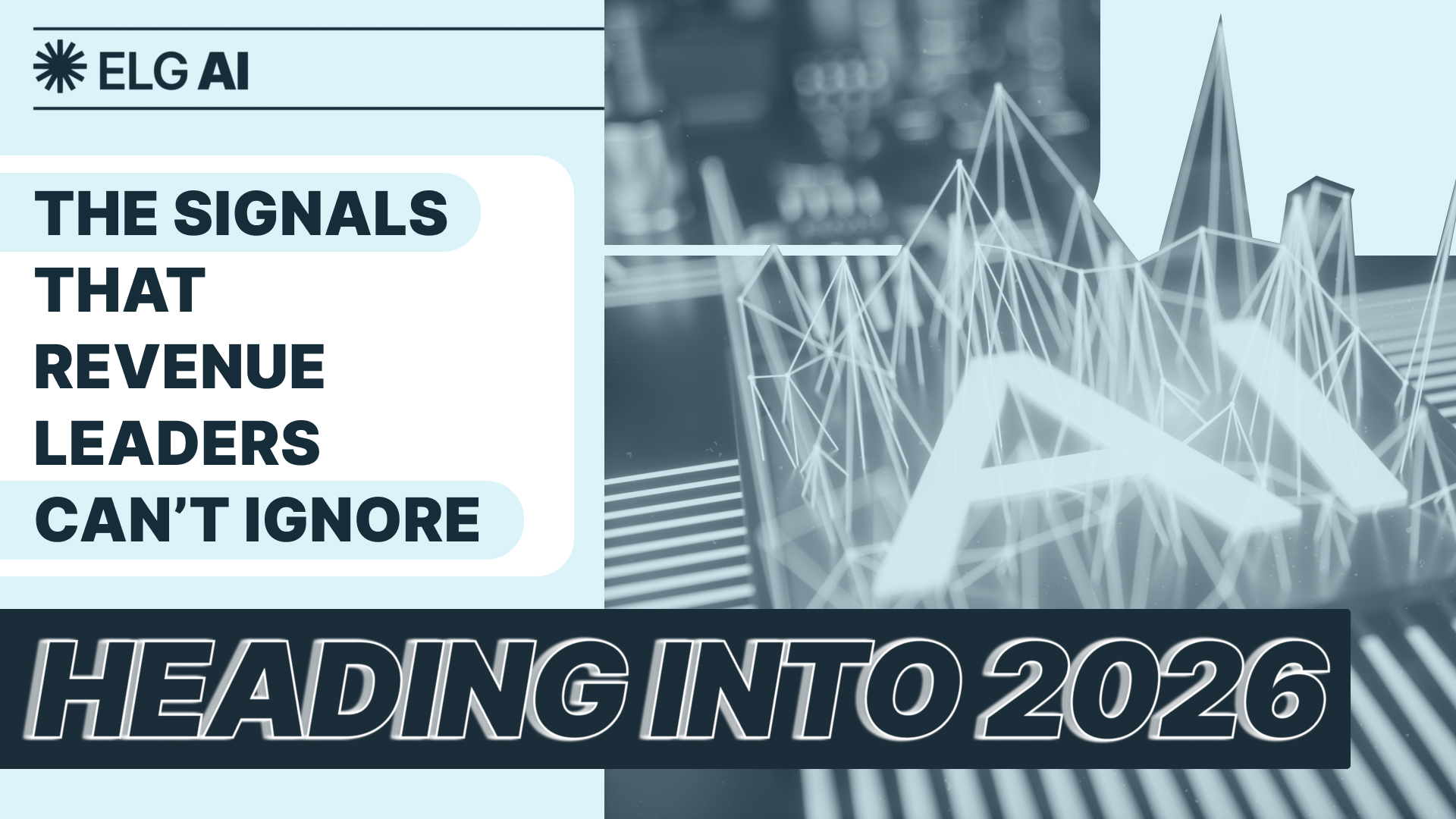
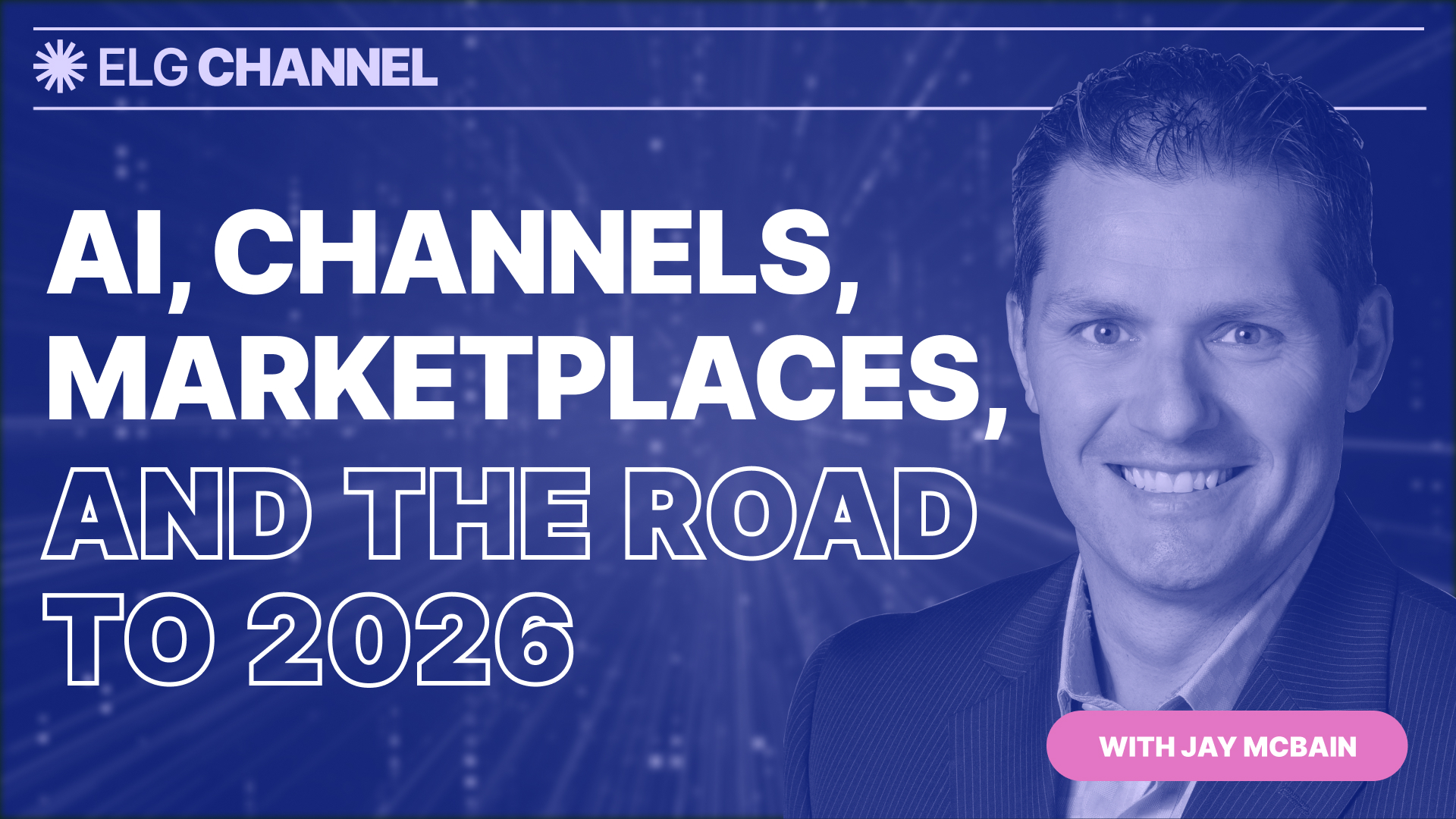
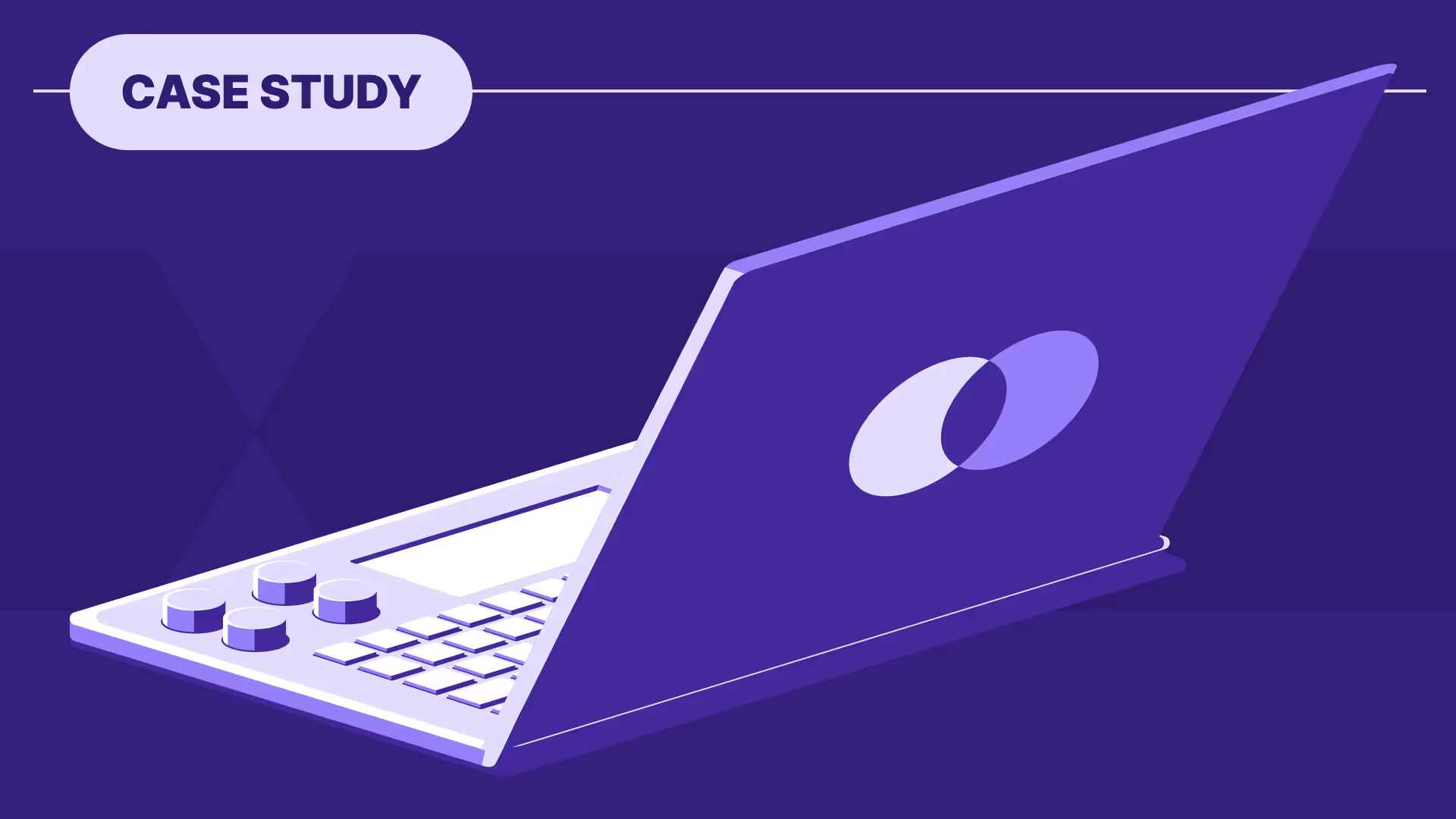
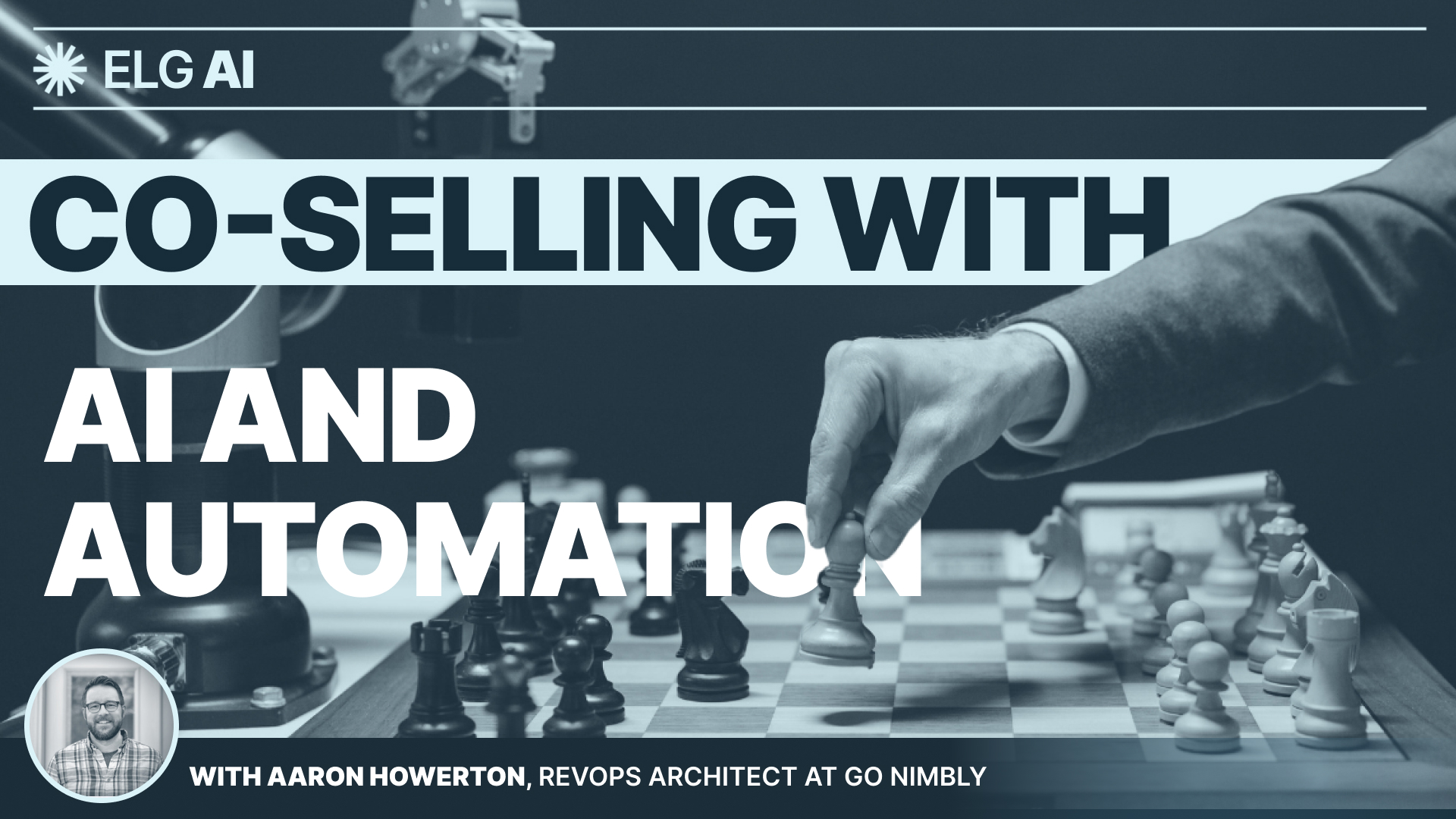
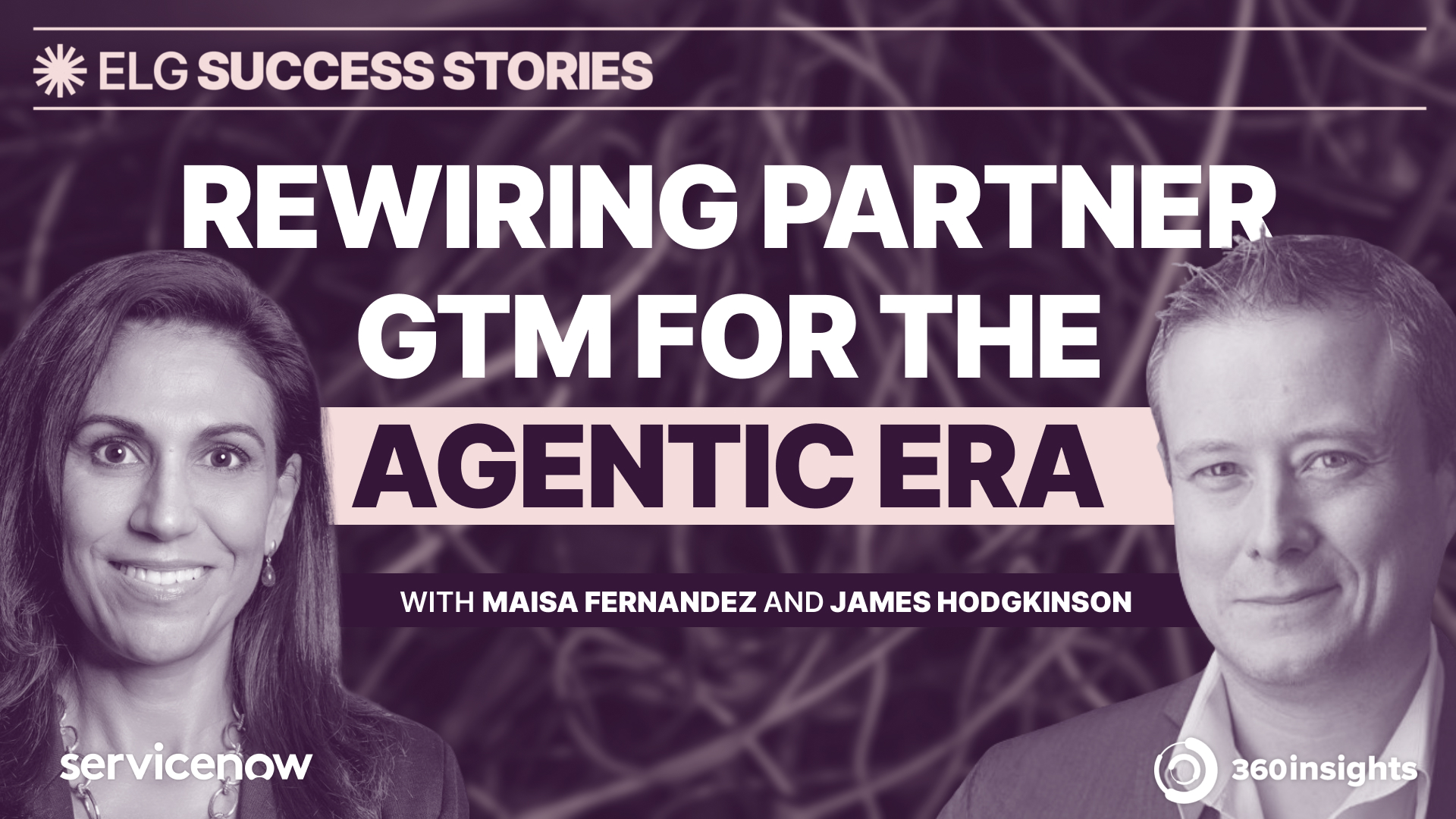
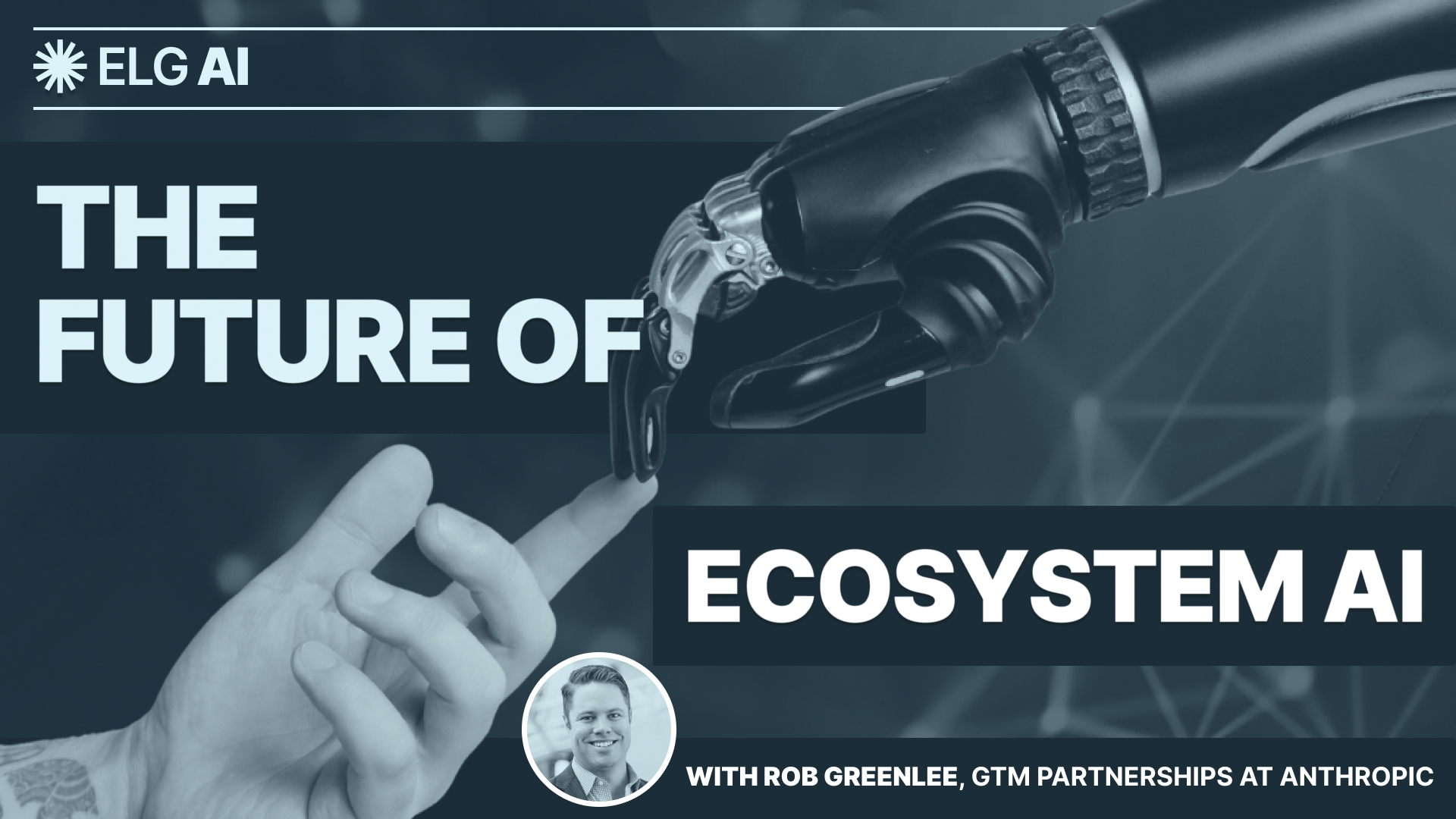
%20(1).jpg)
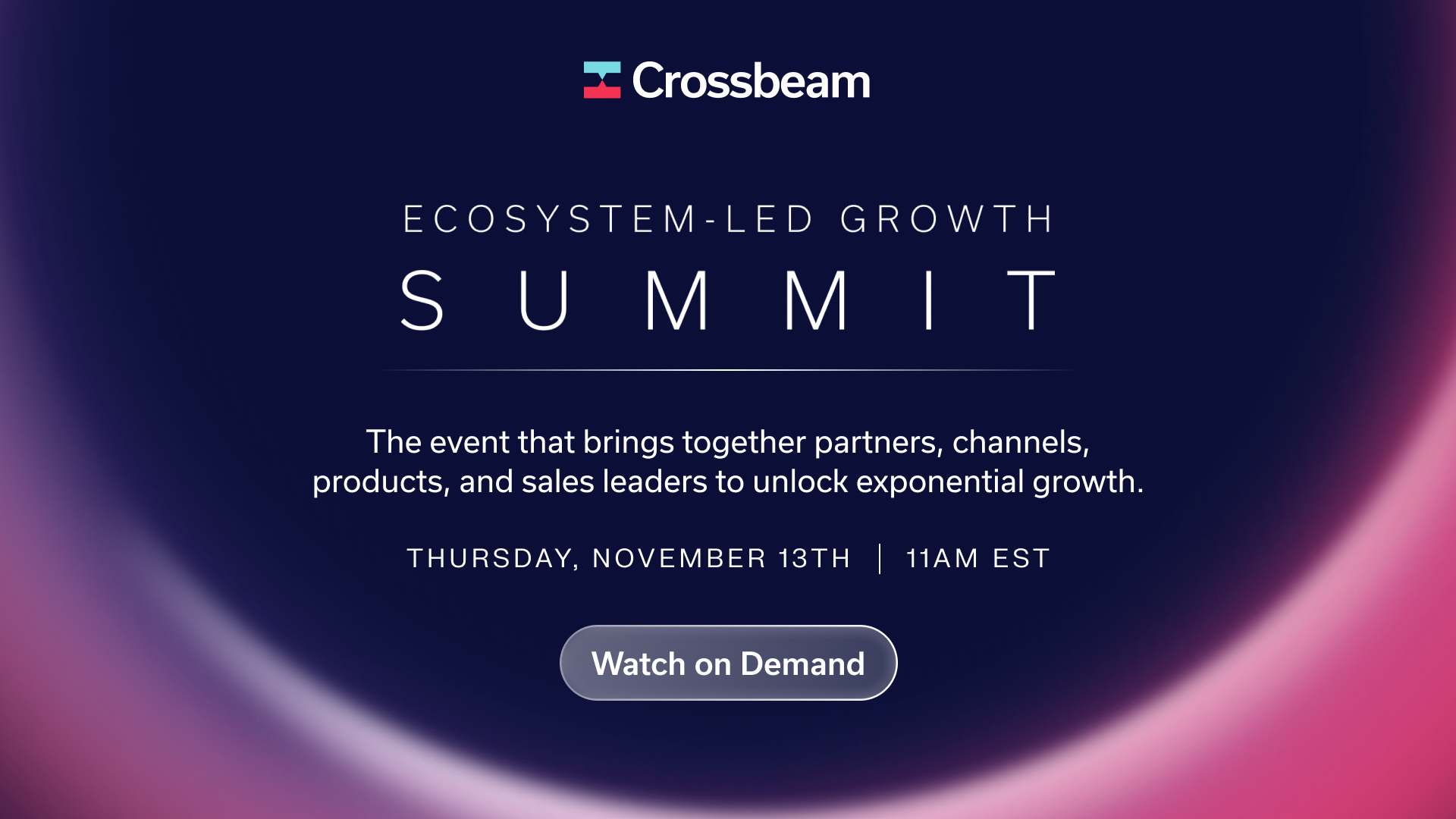

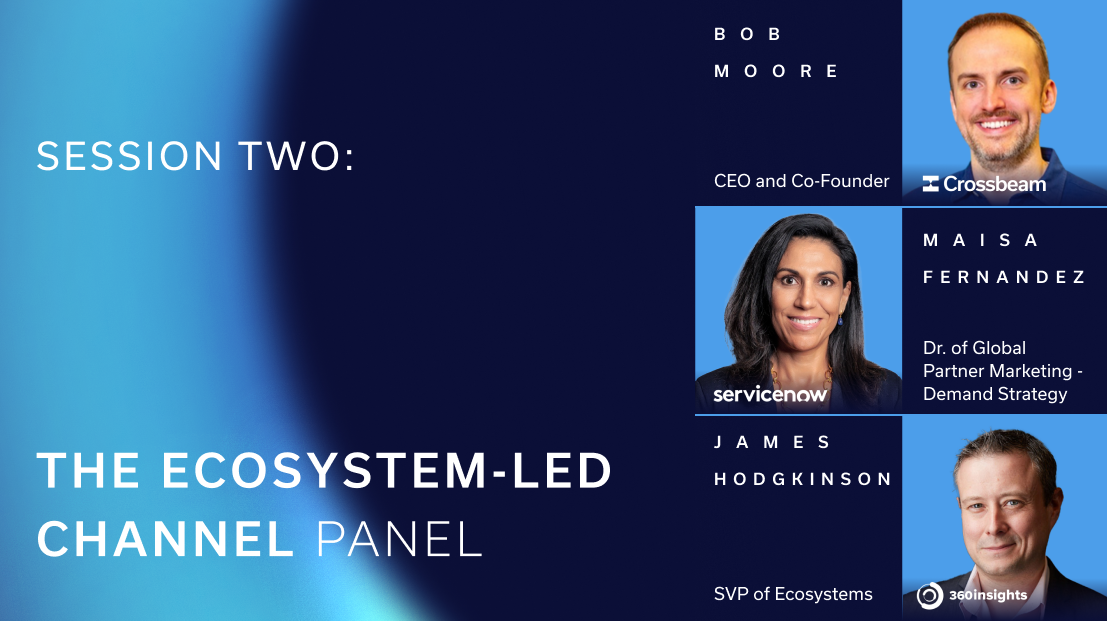
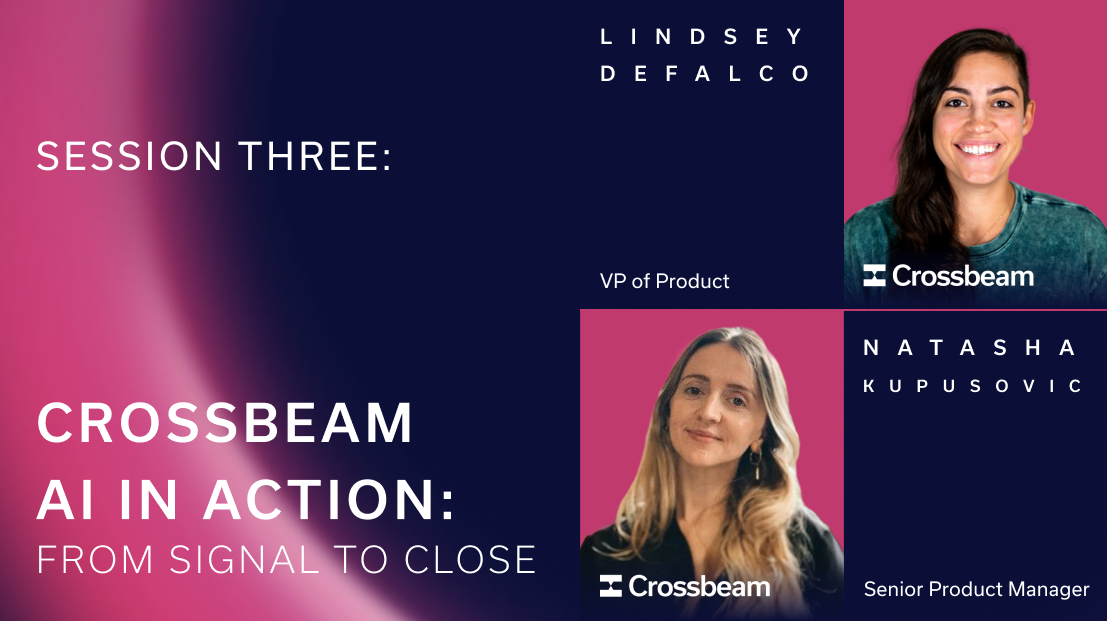

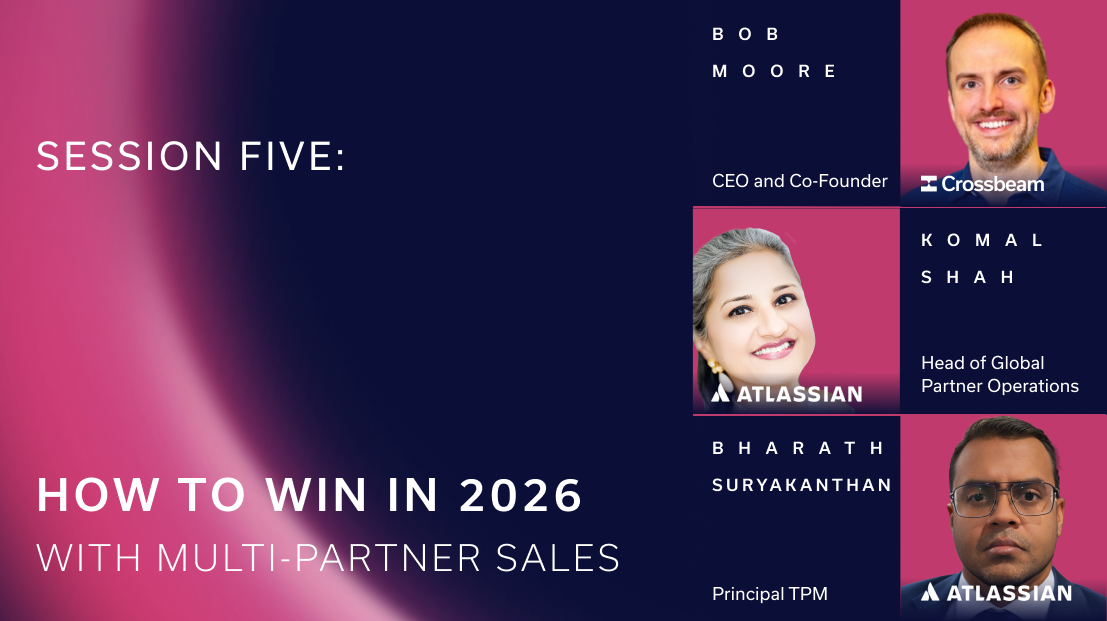
.png)
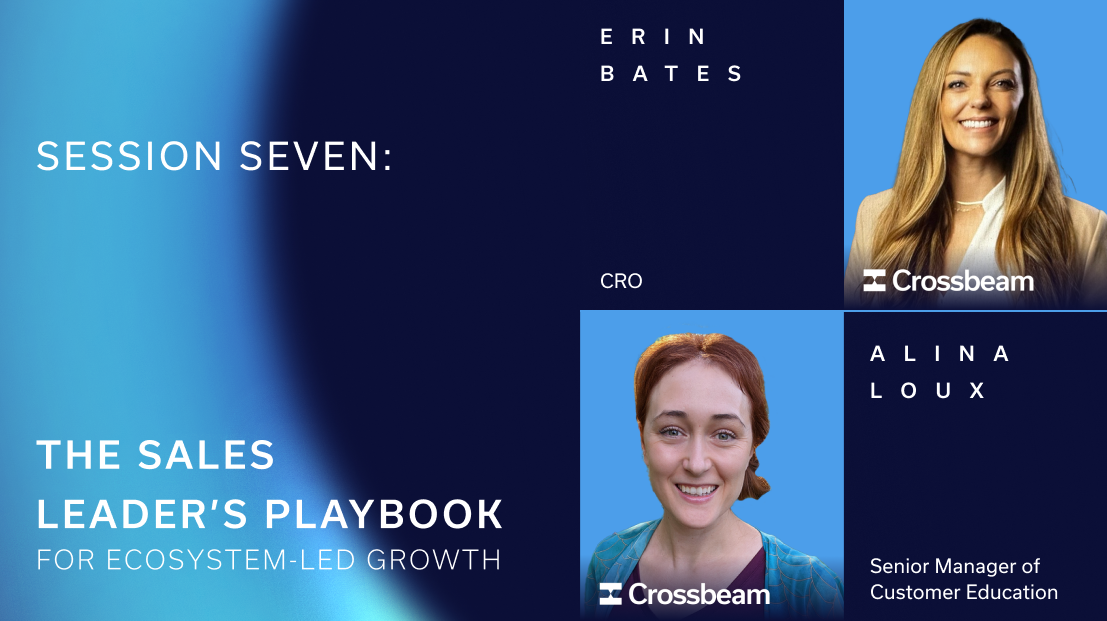




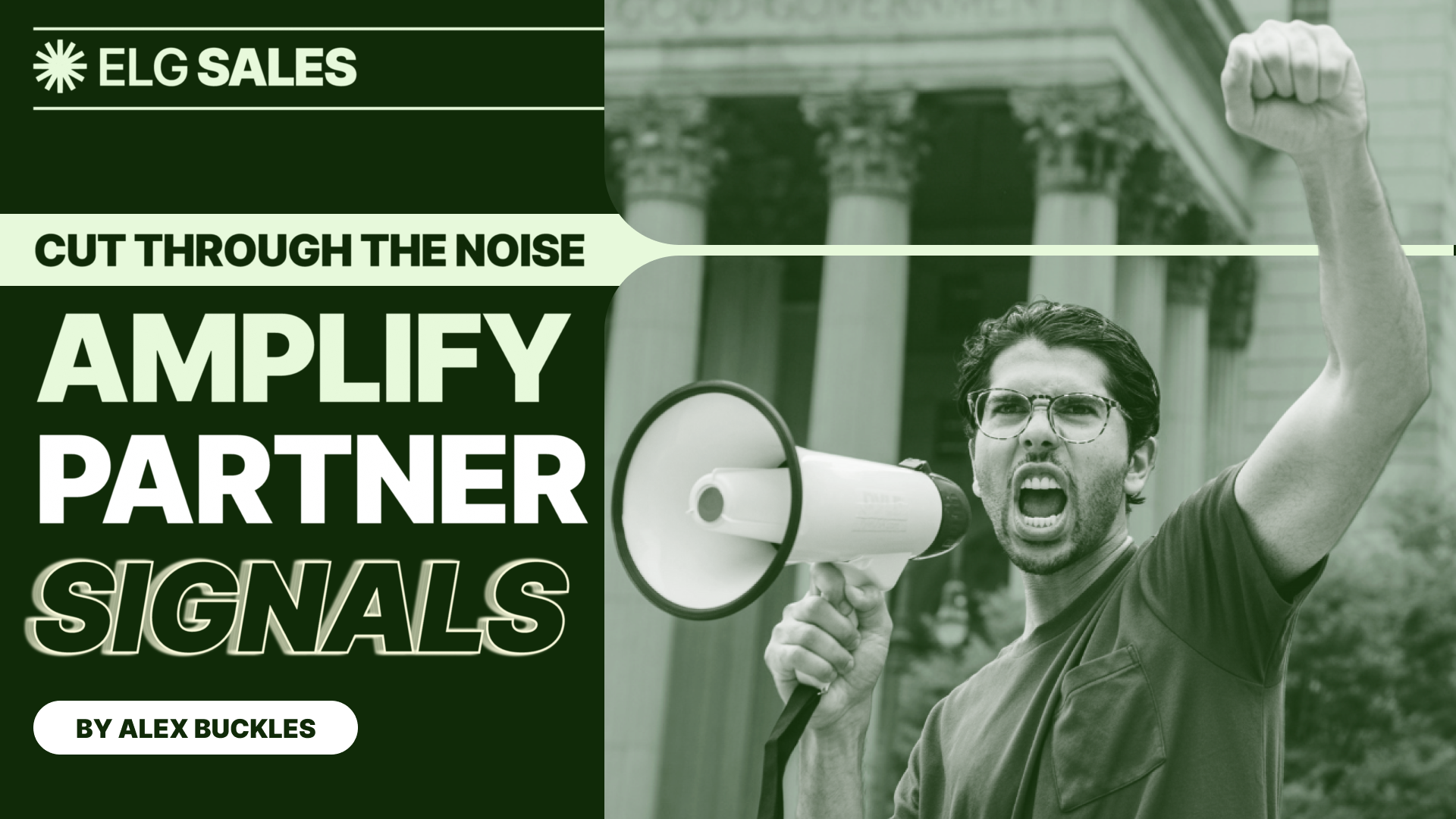
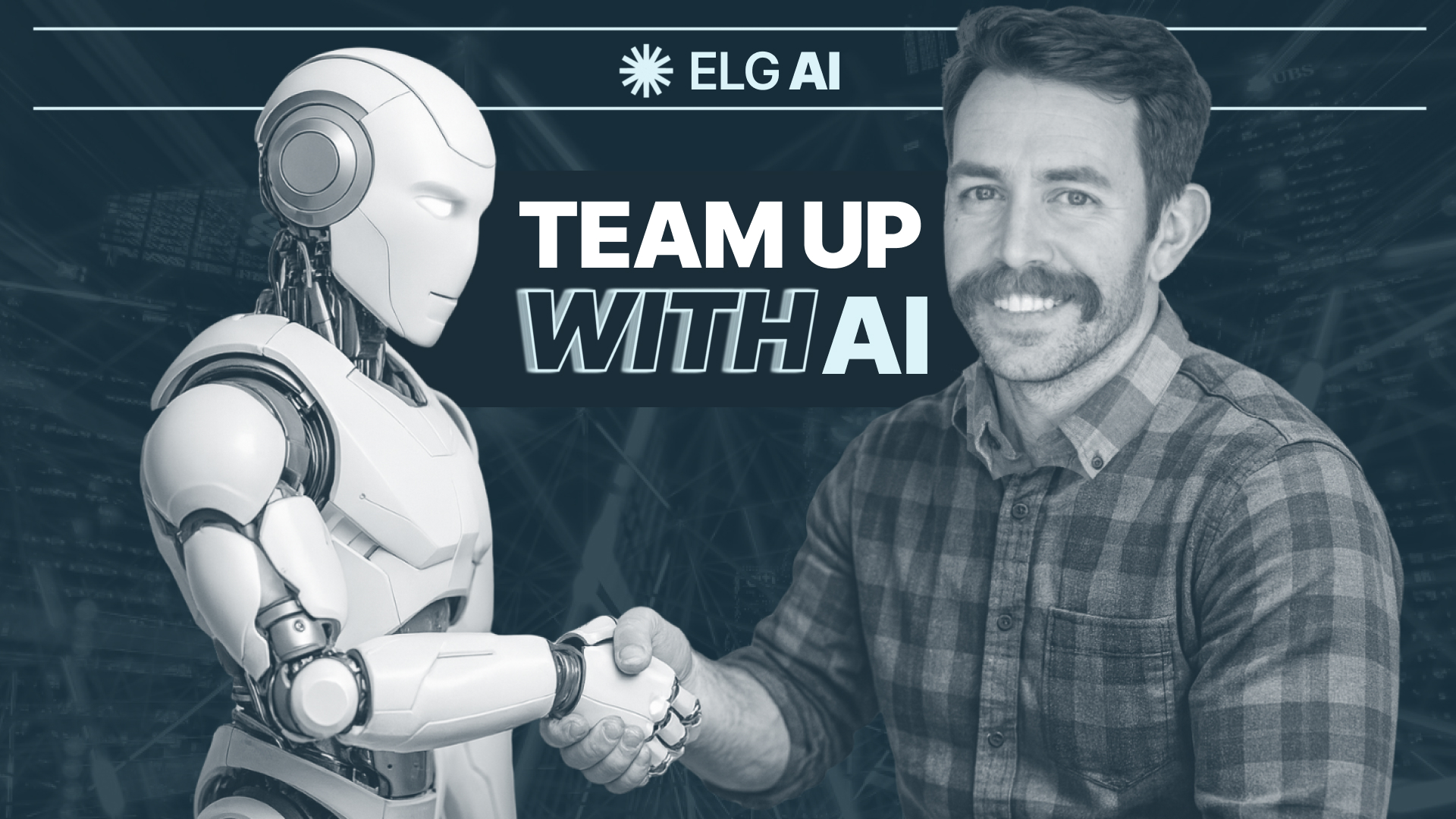
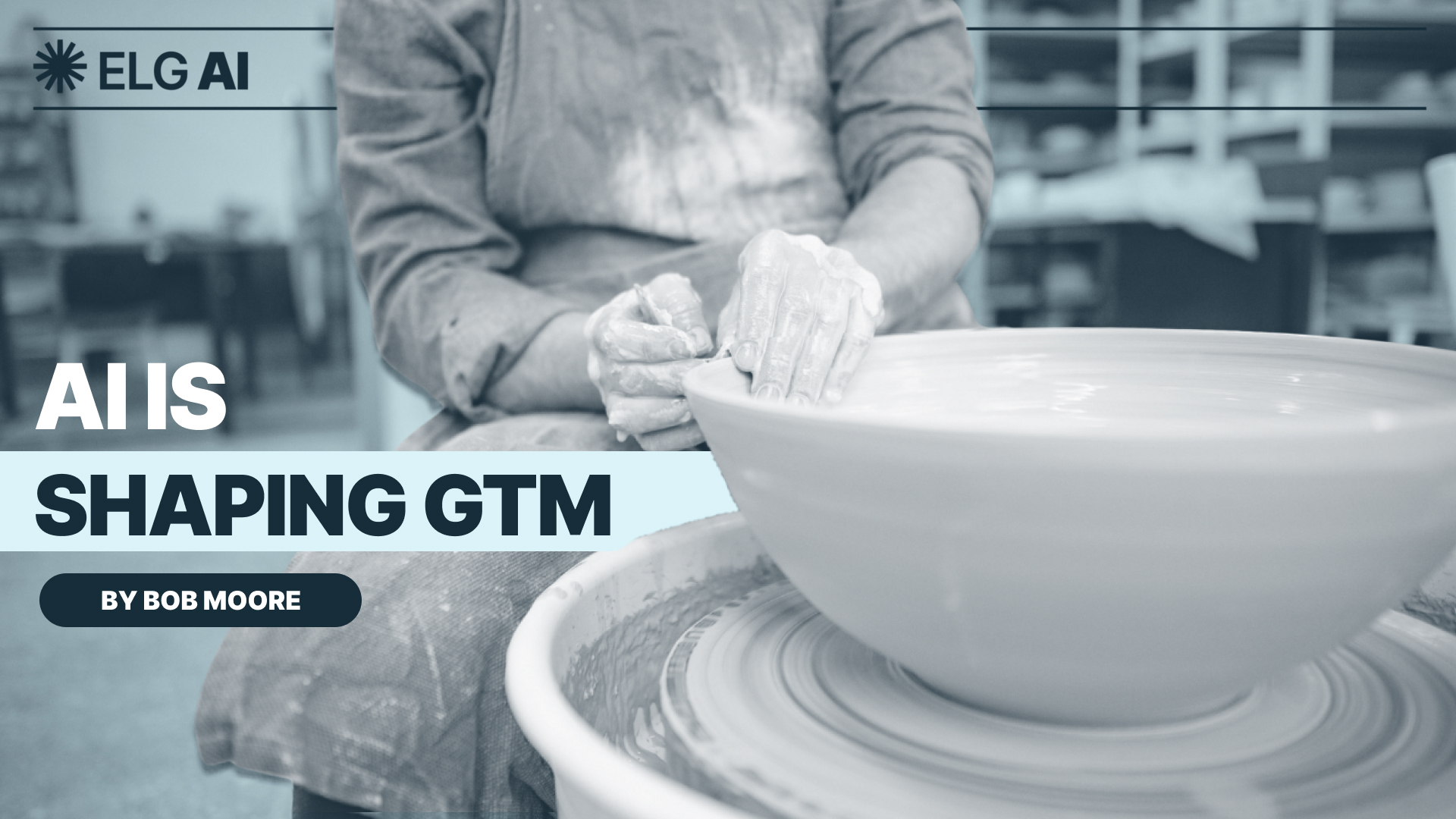




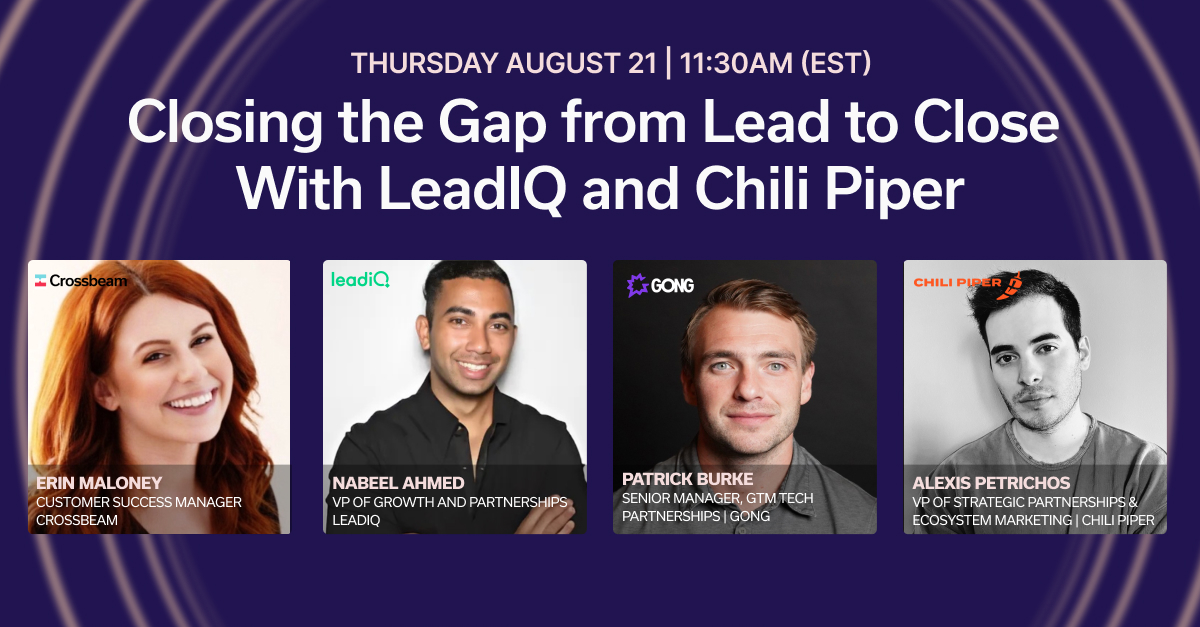

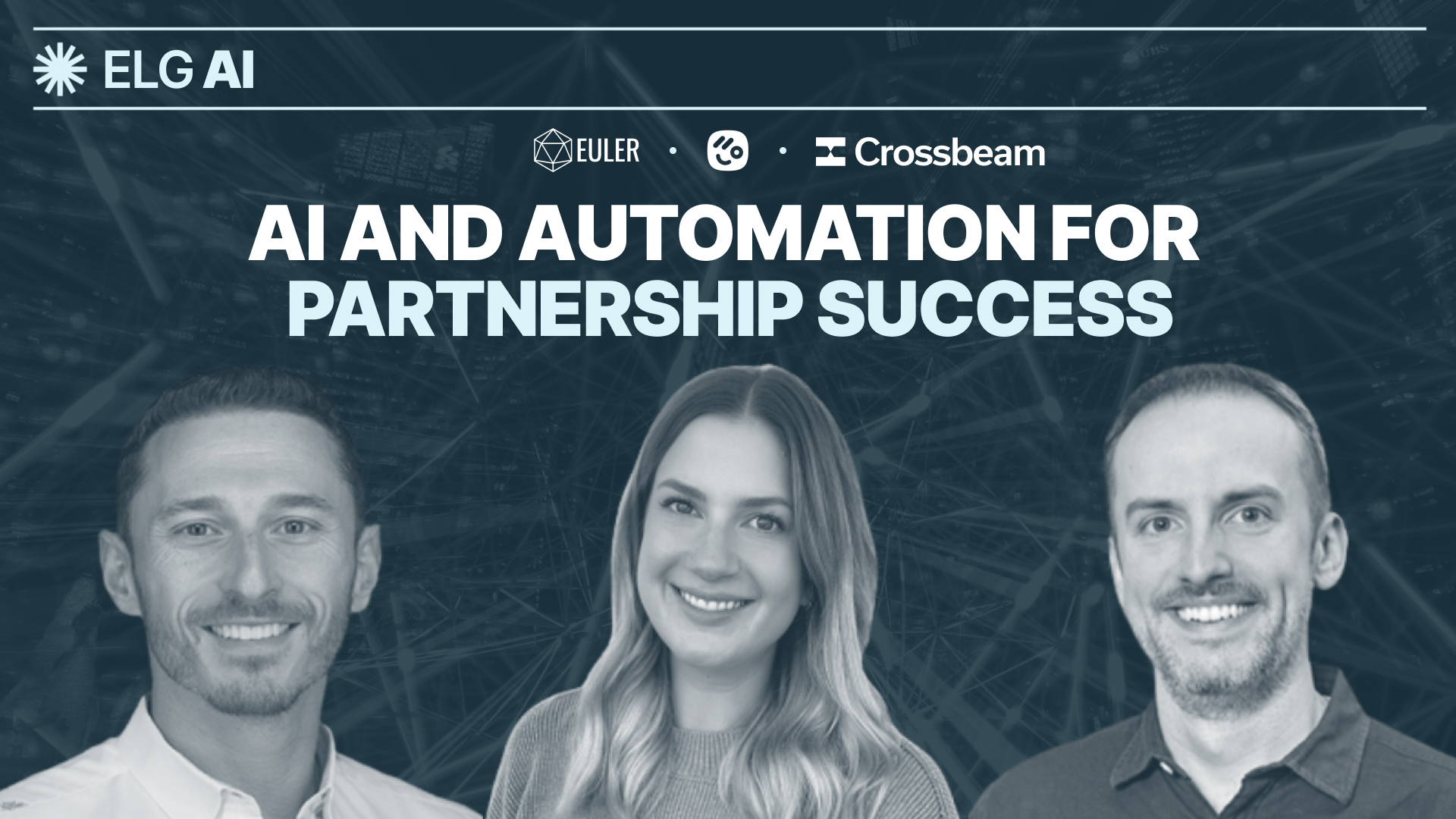
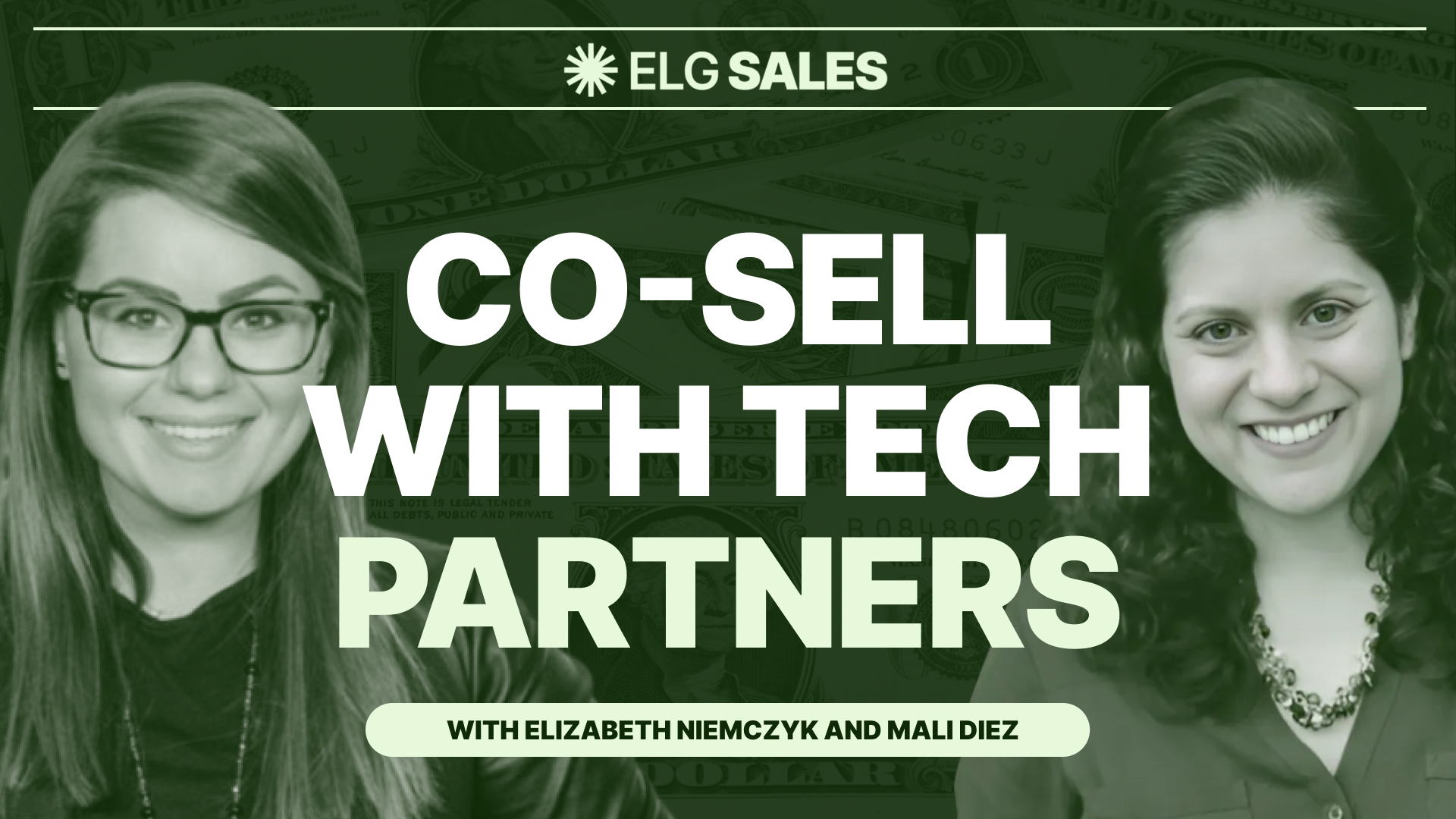
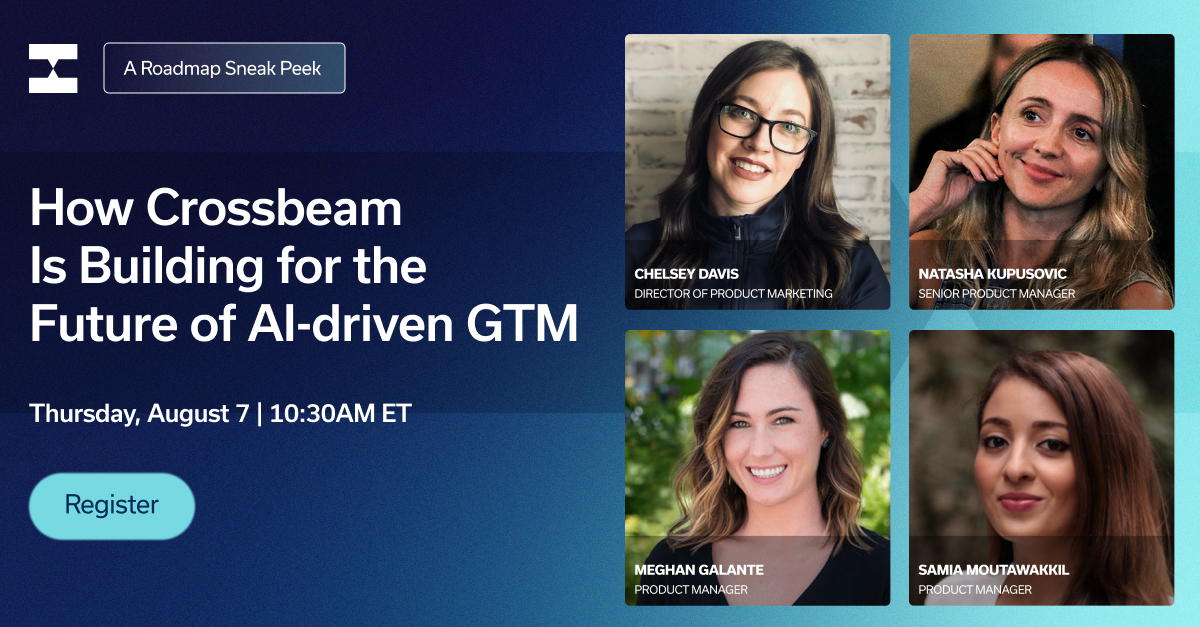
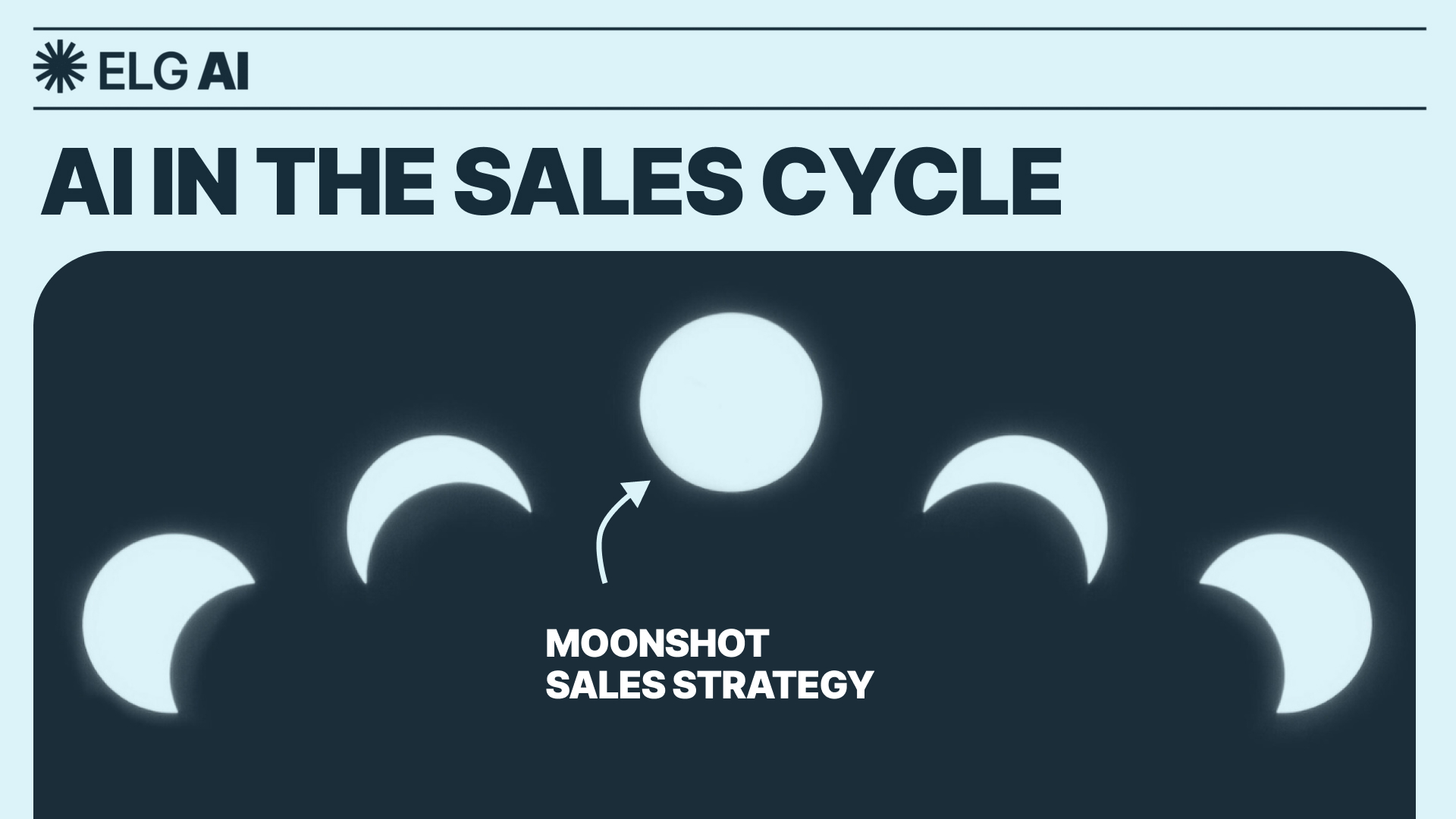
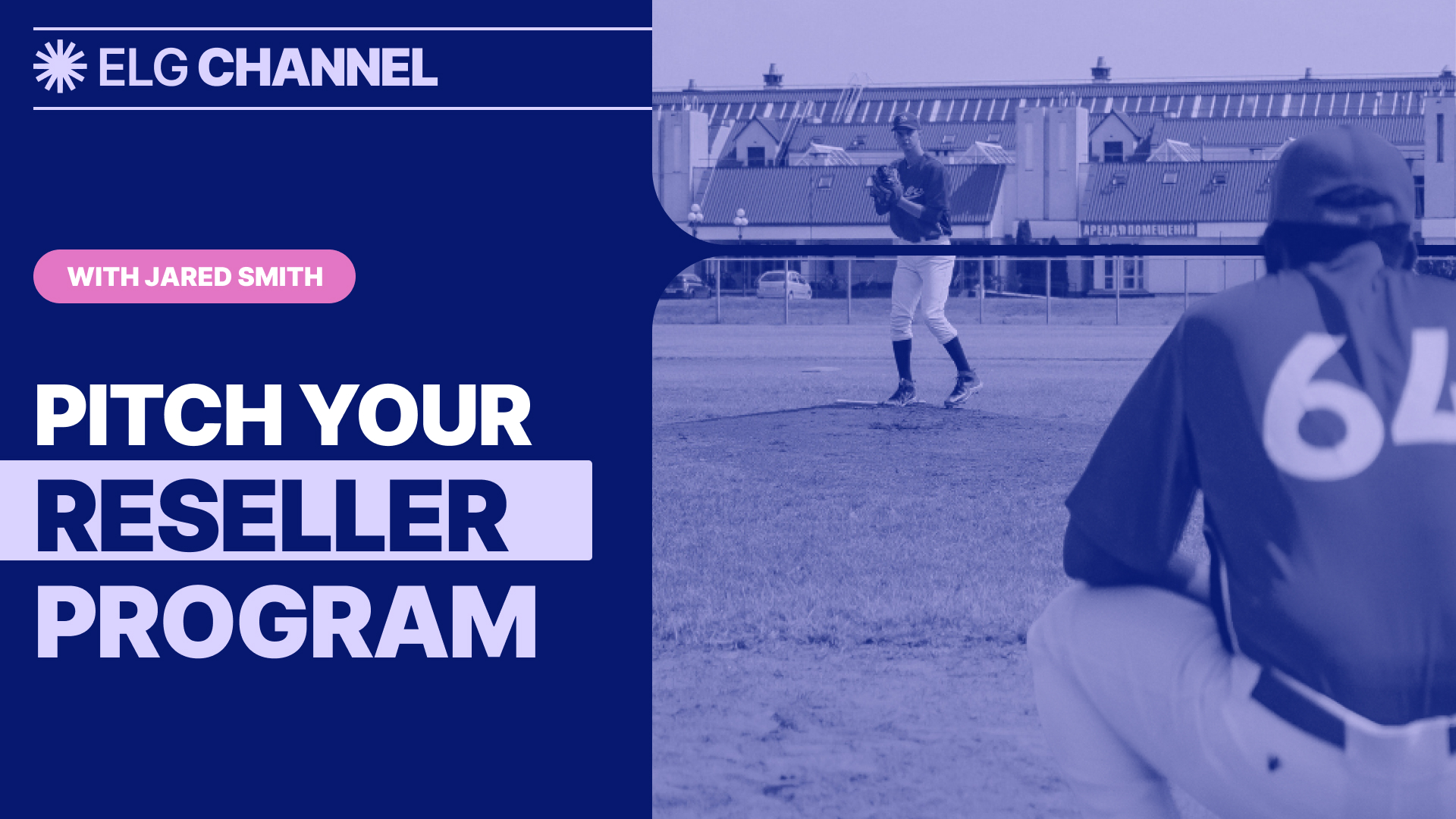
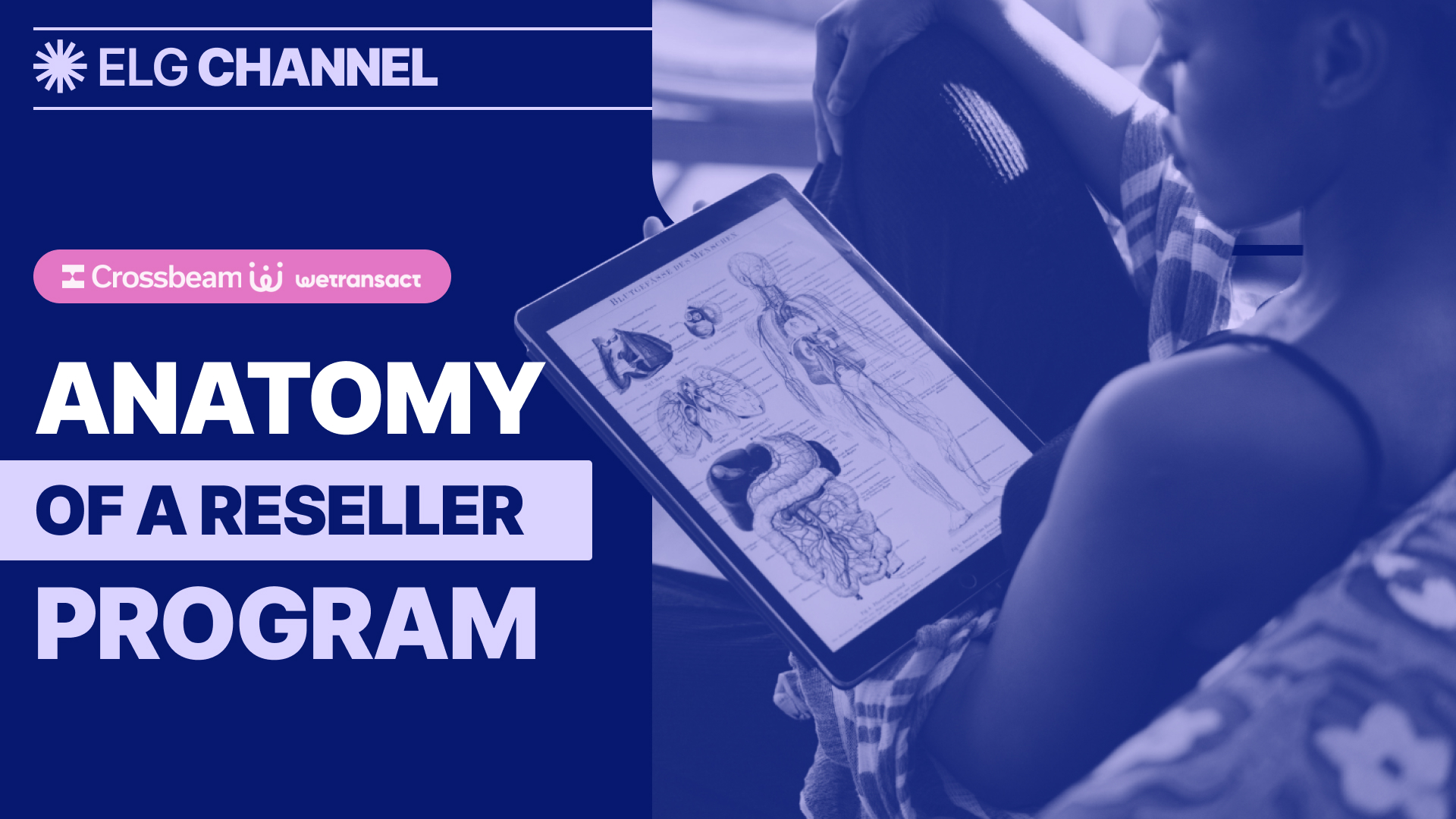
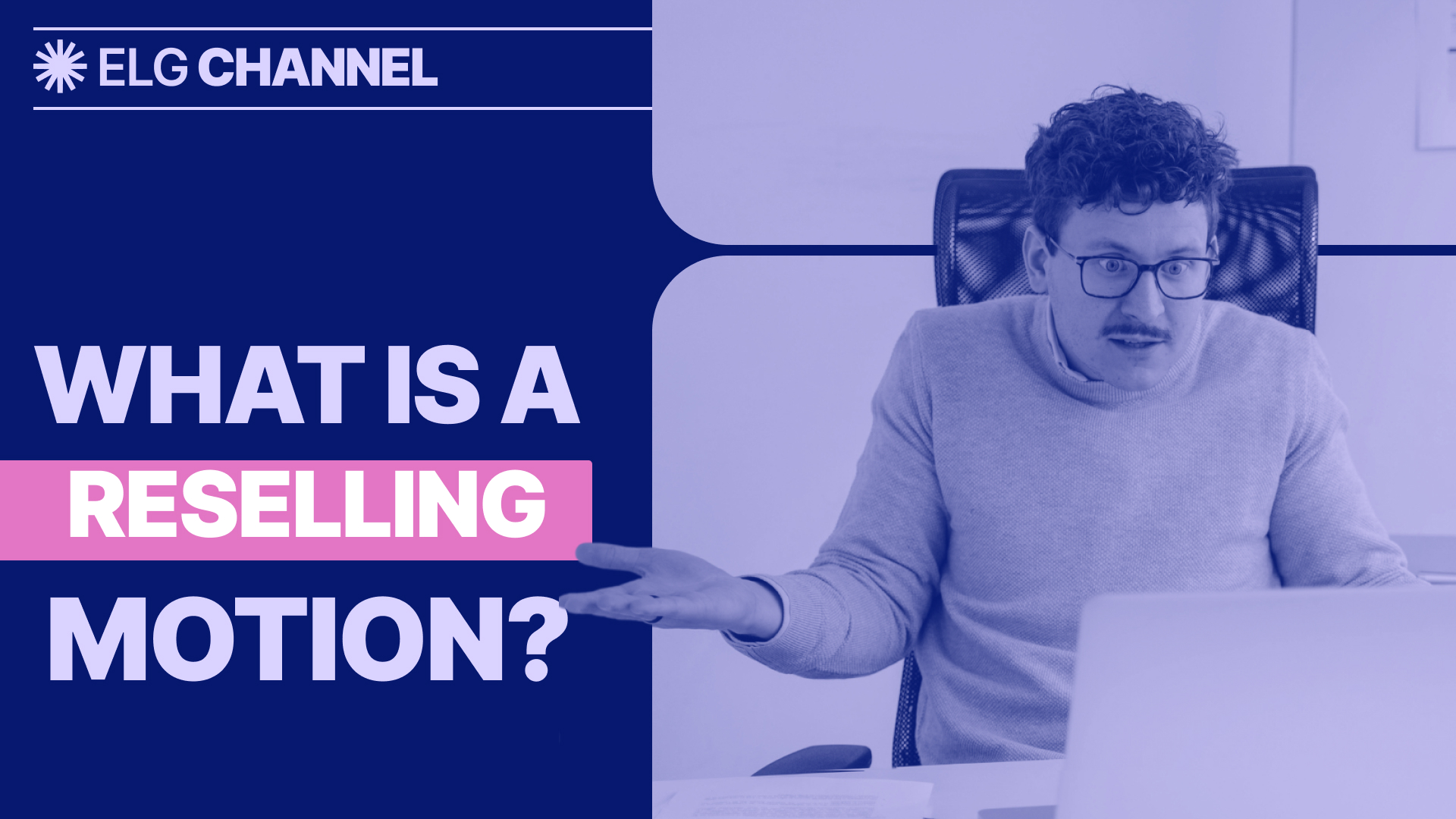
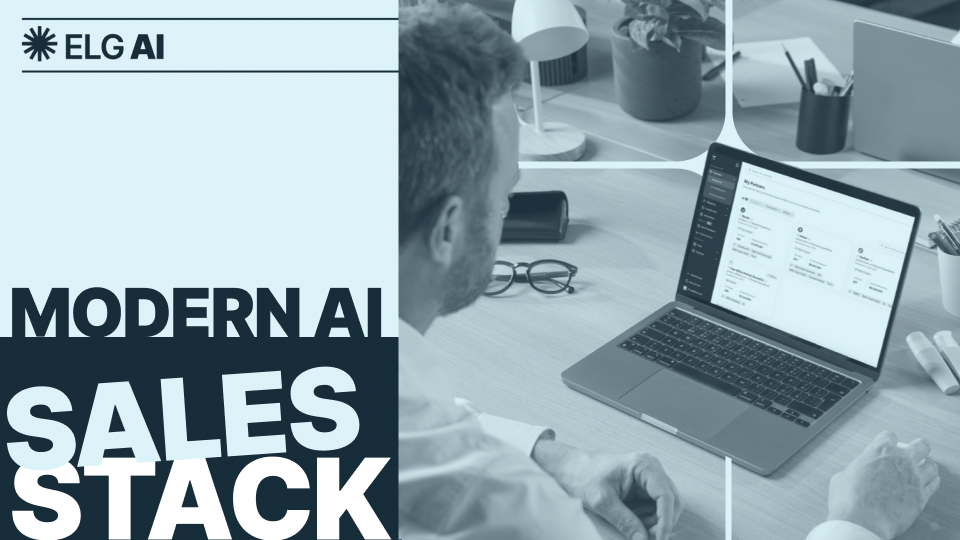
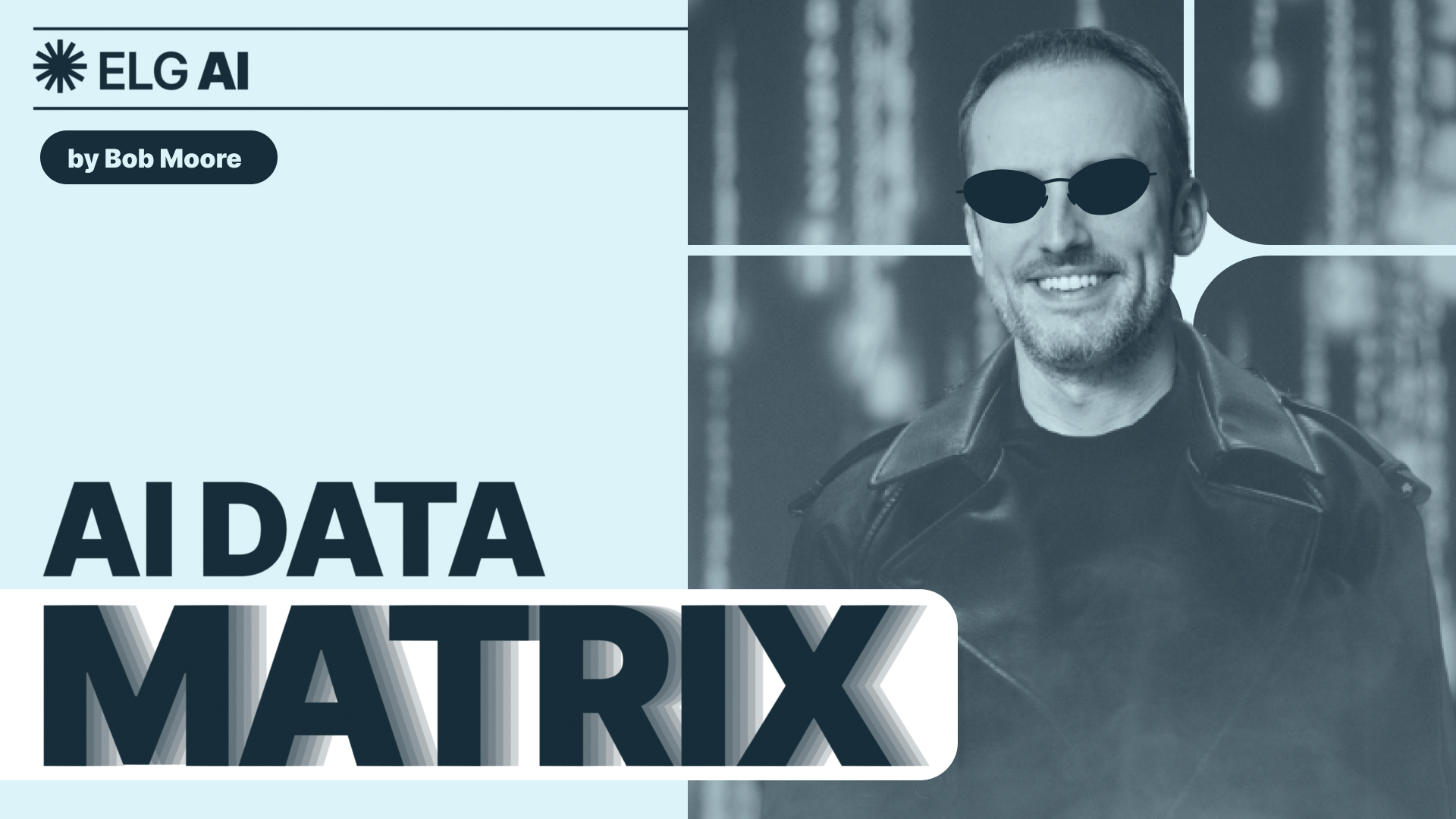


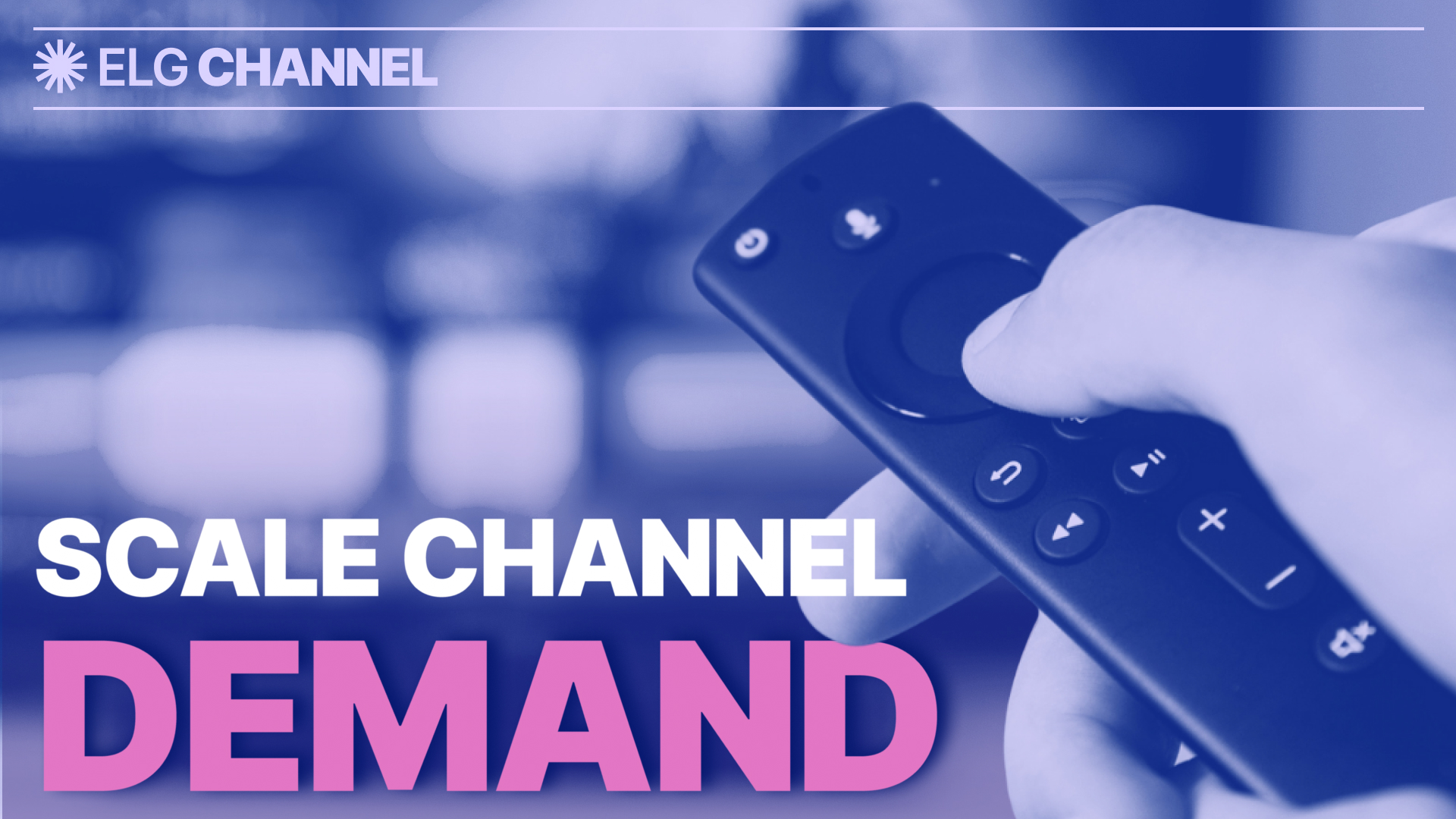


.jpg)




.png)



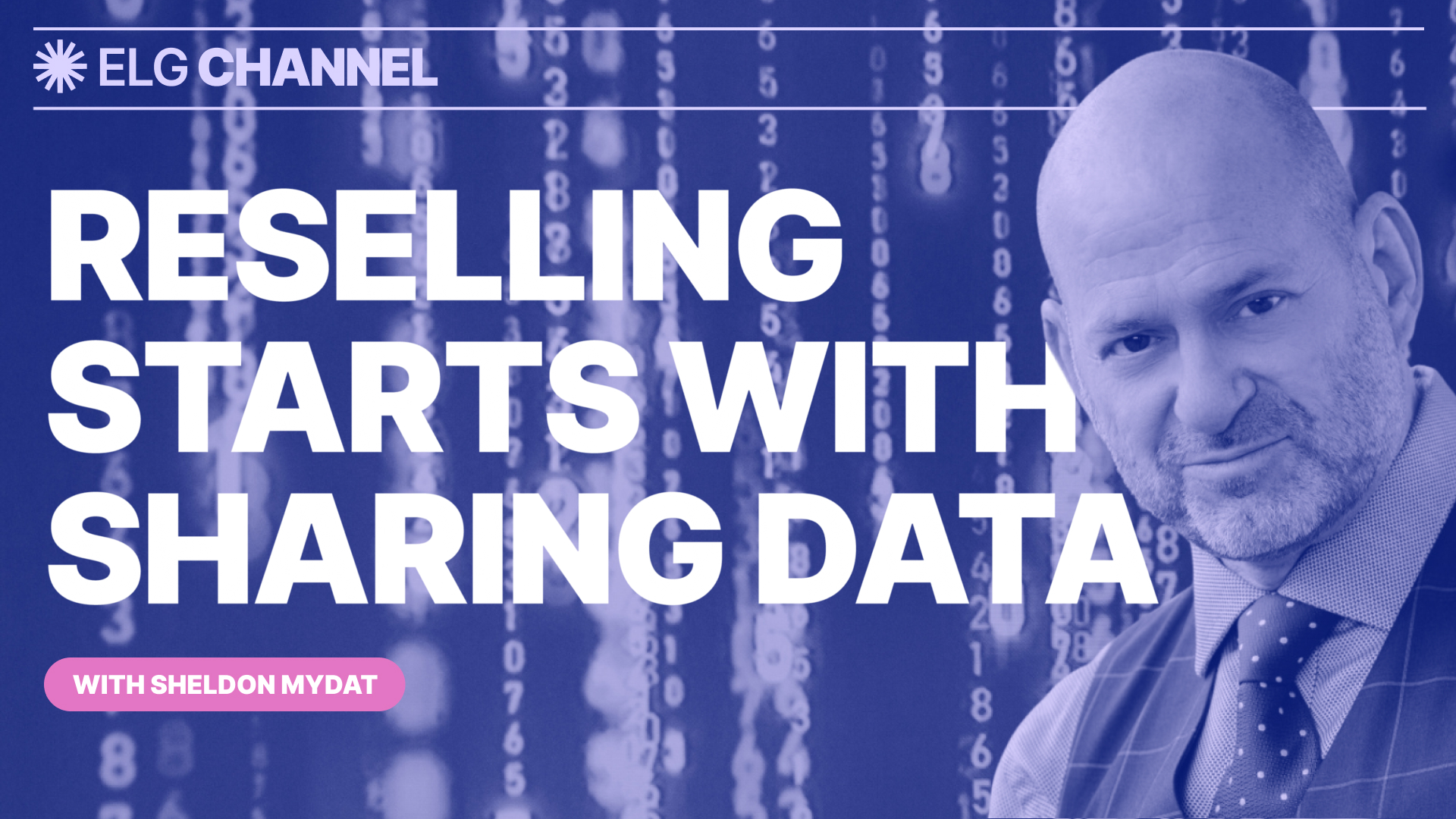


.jpg)





.jpg)

.webp)

















